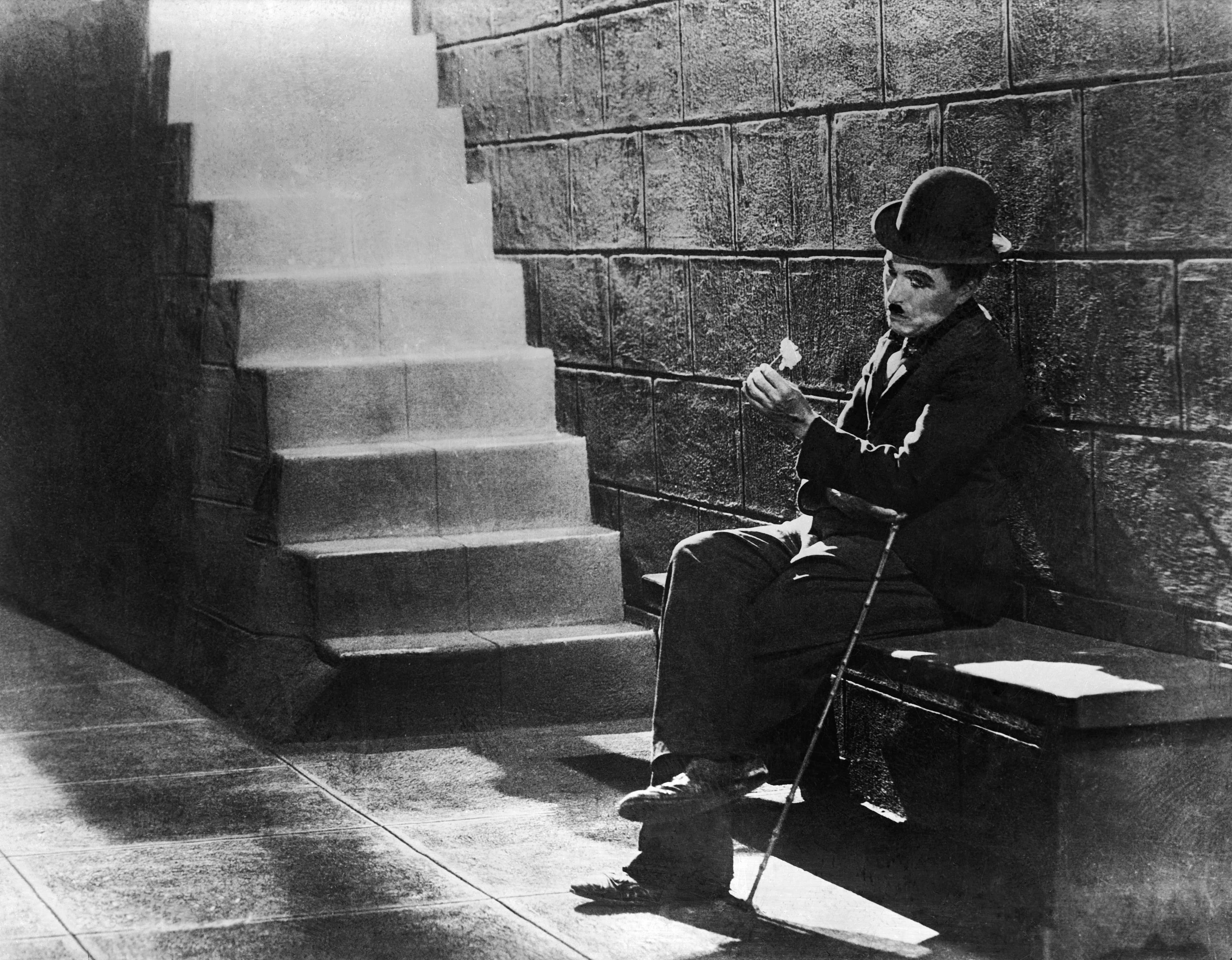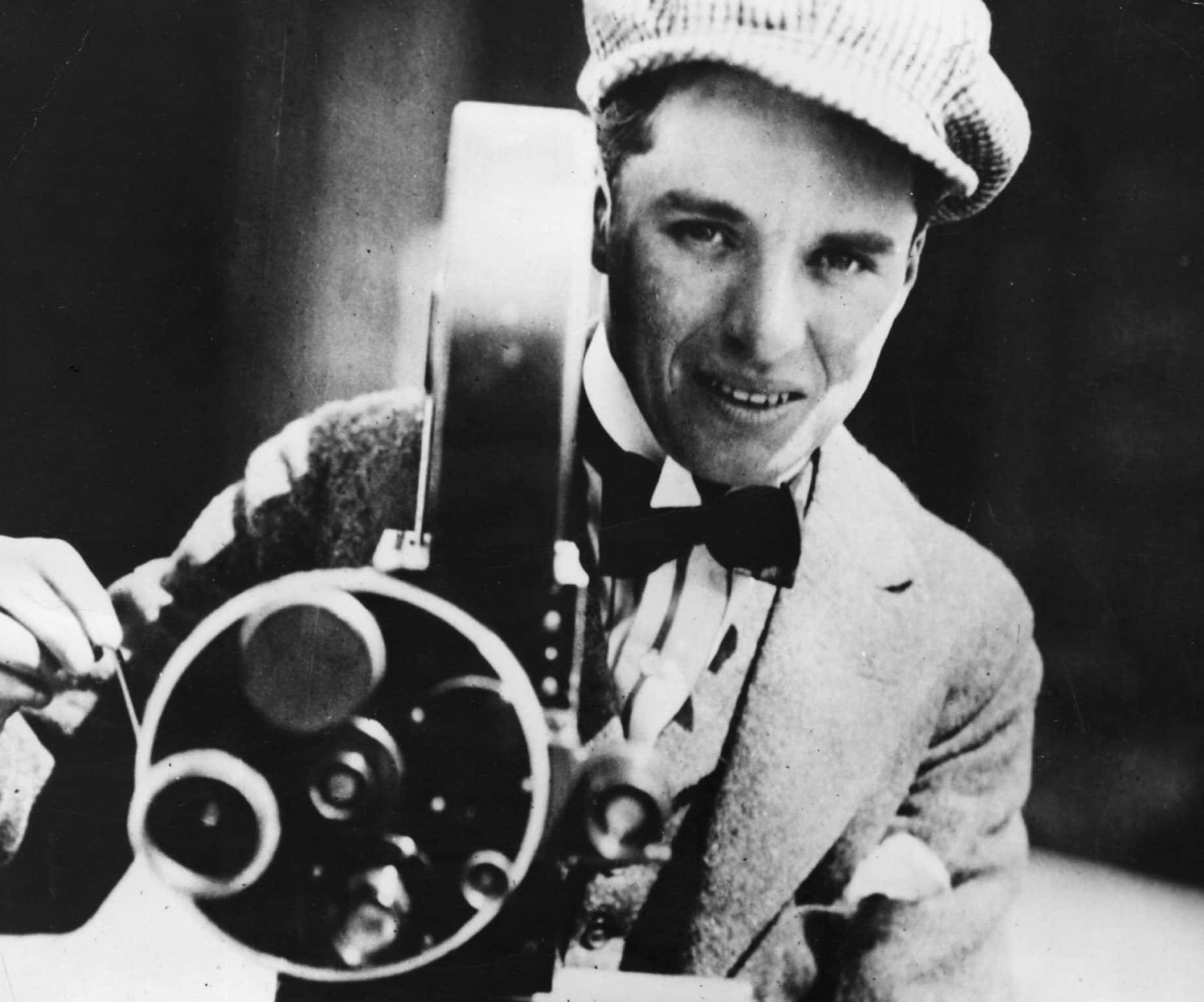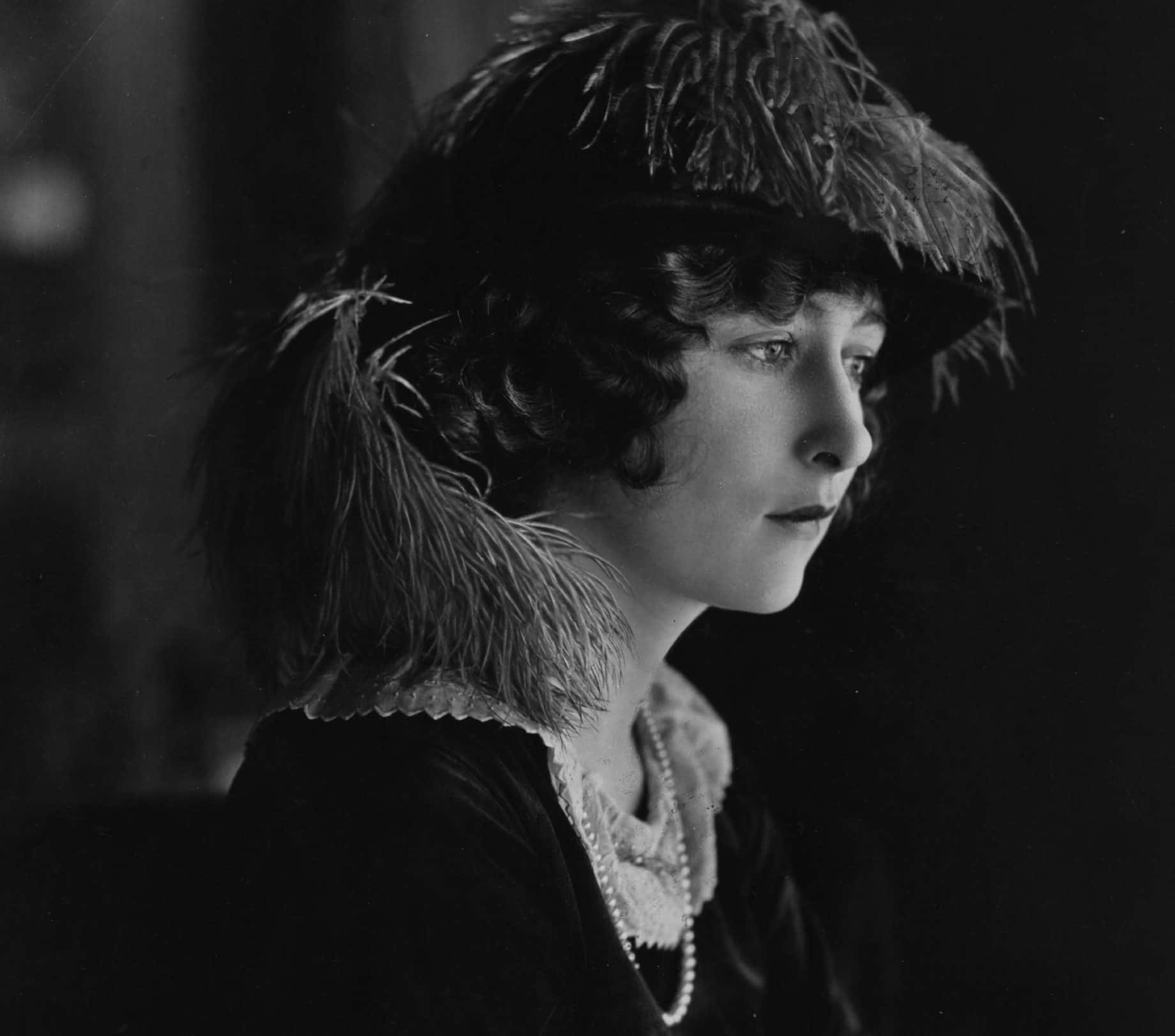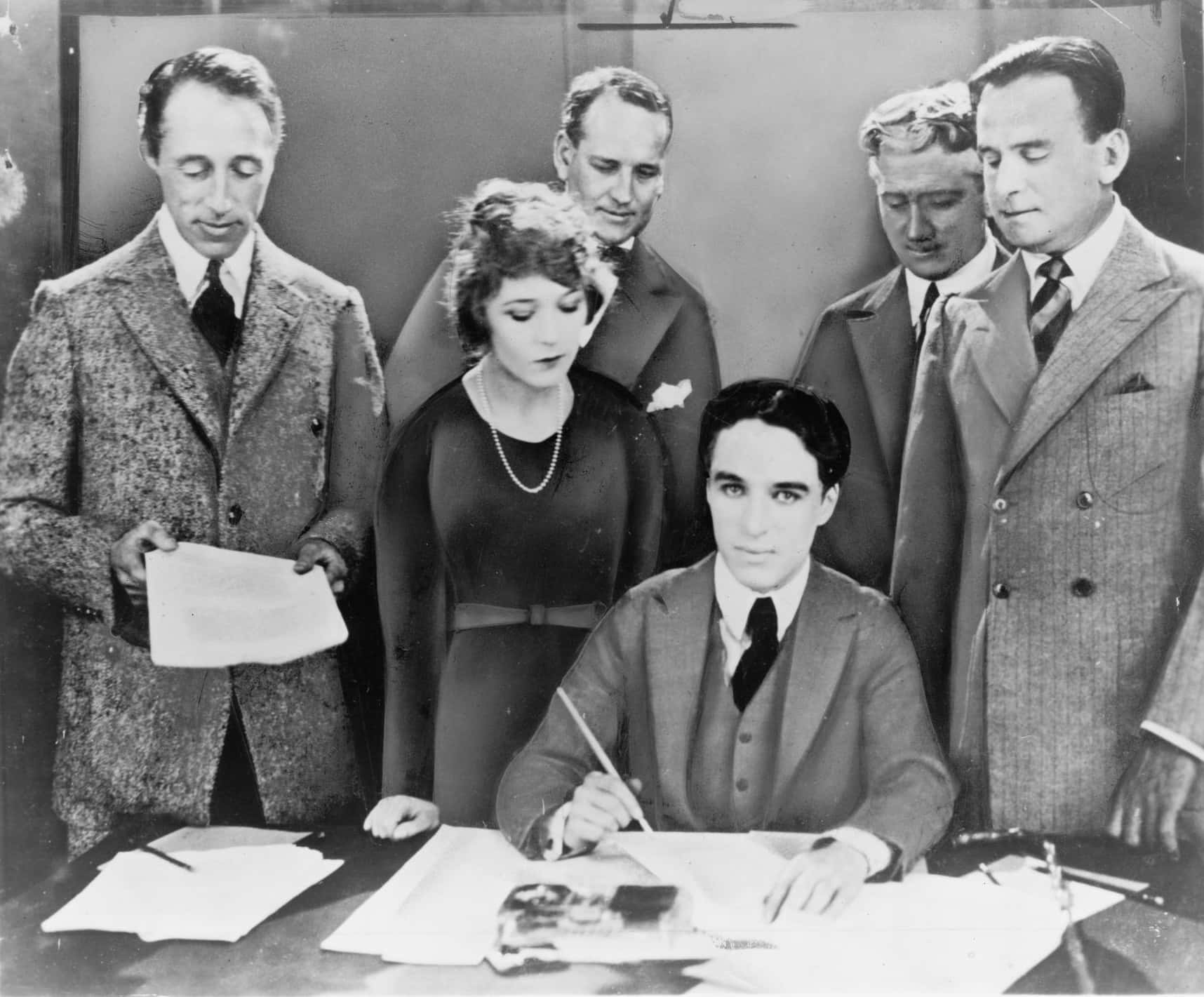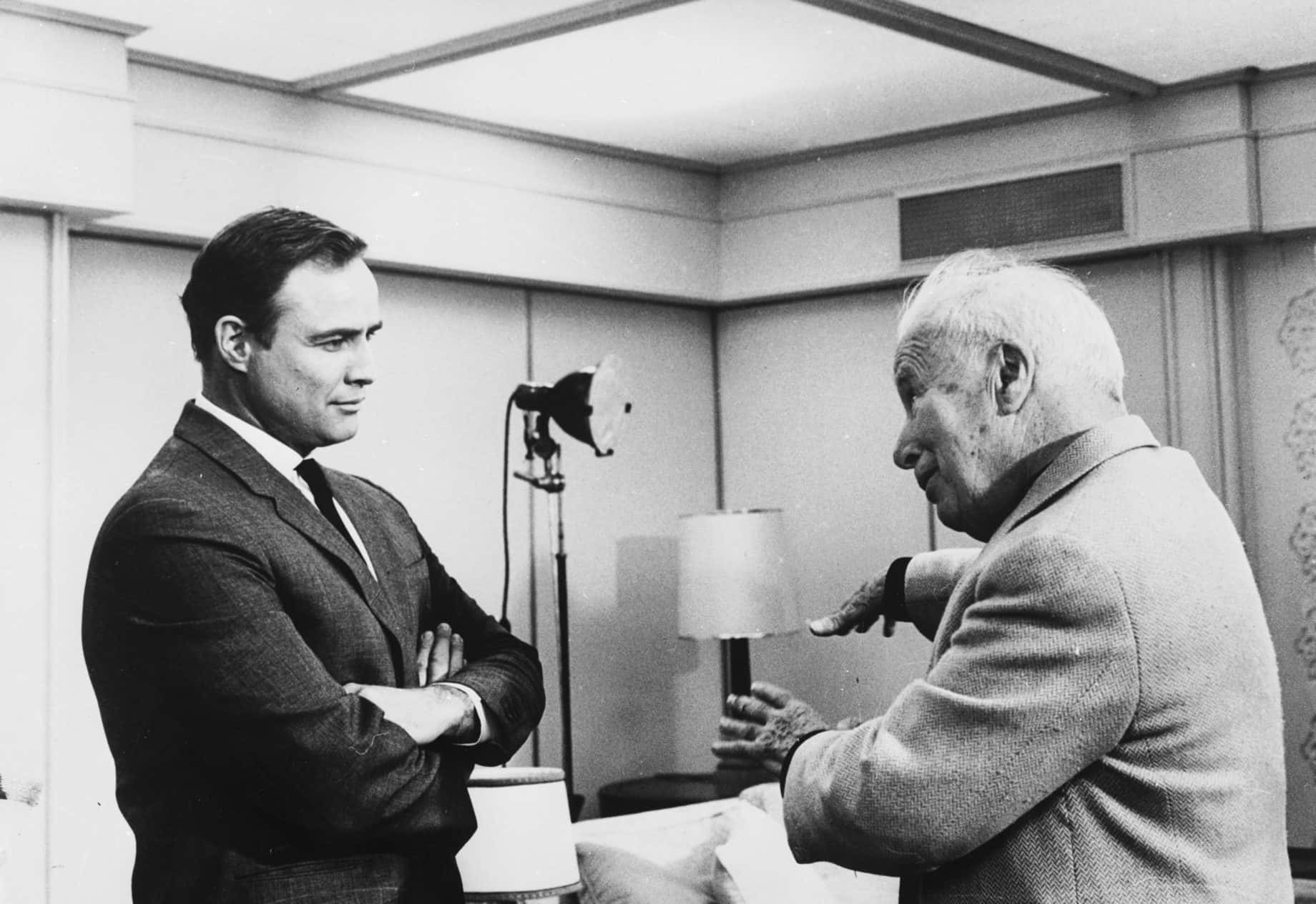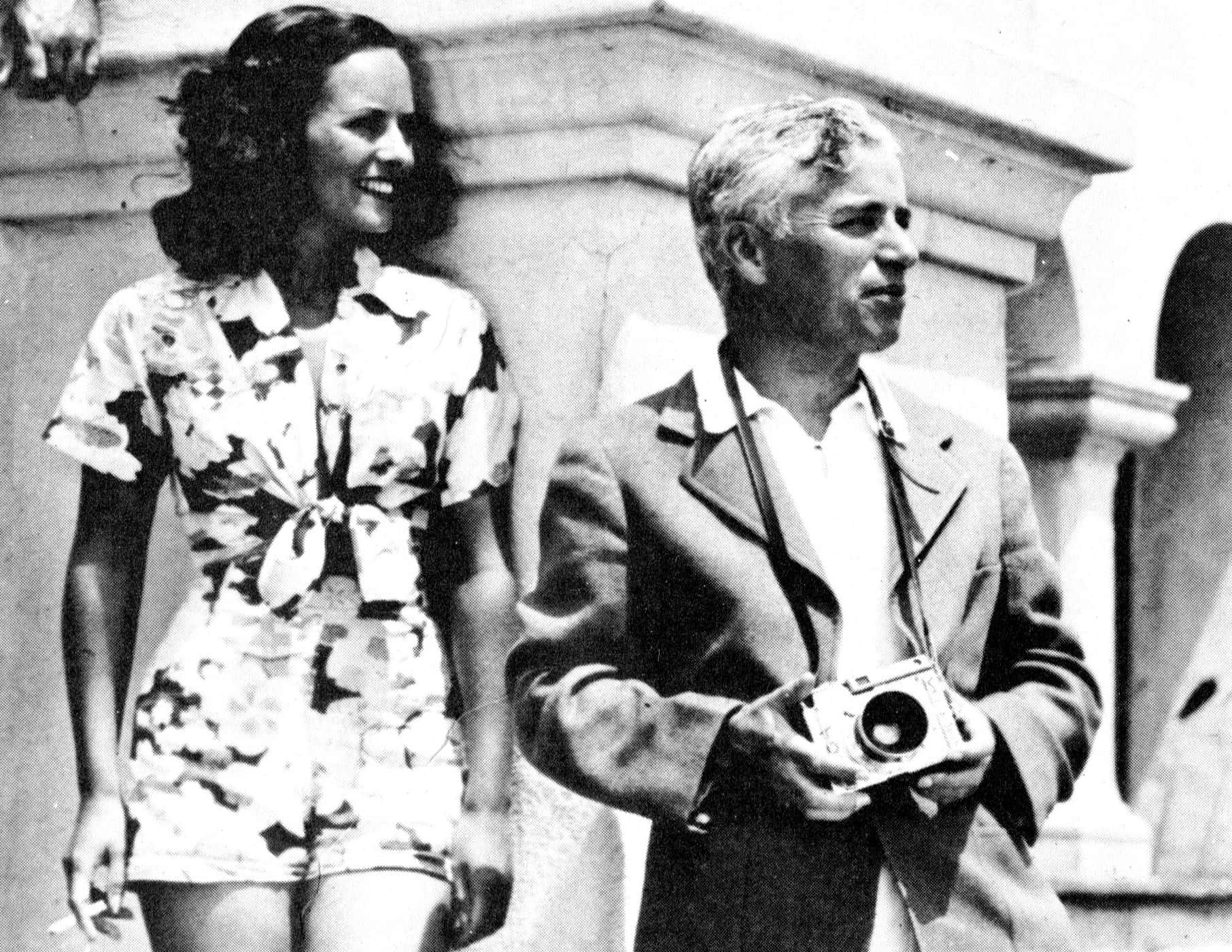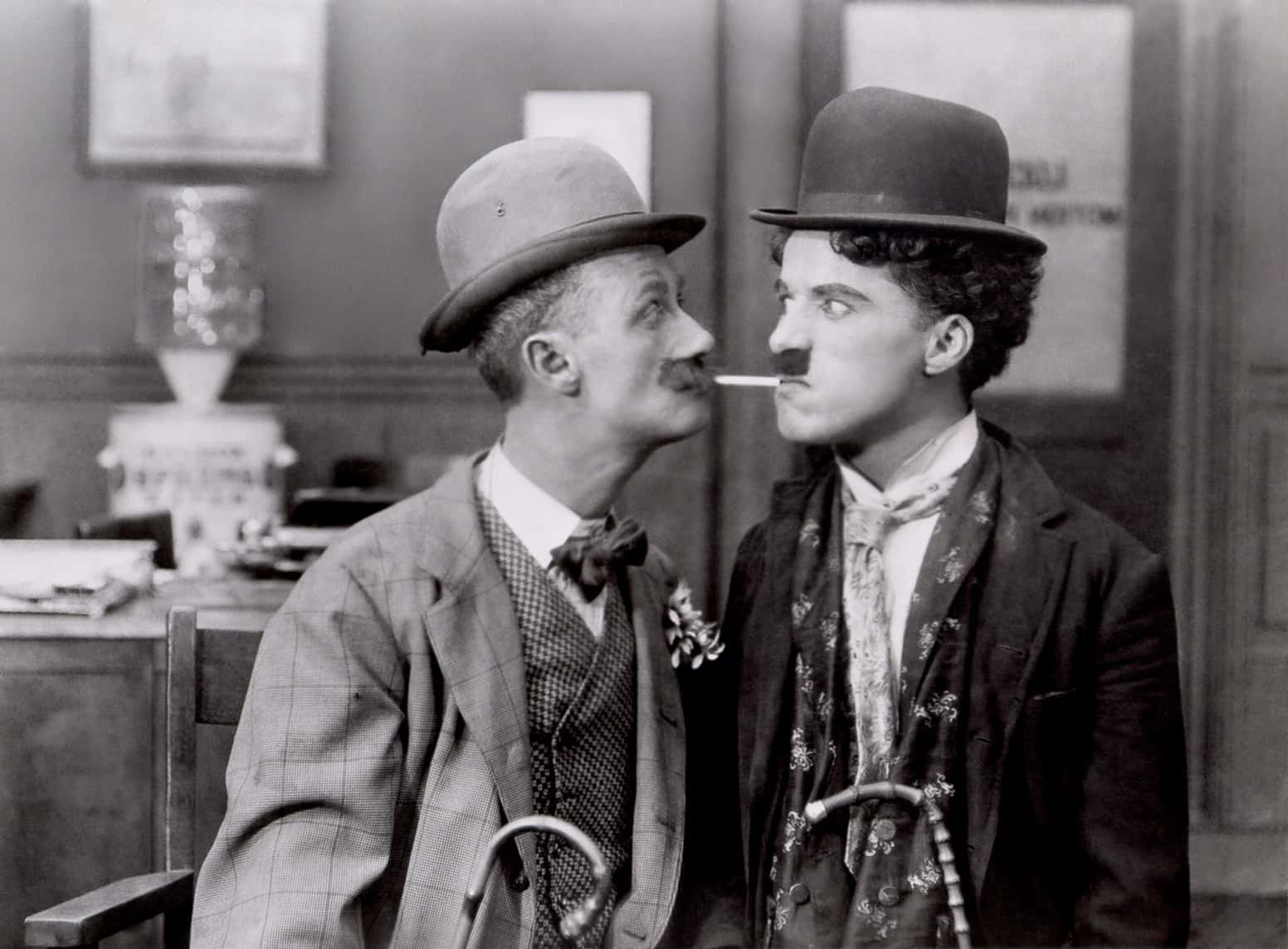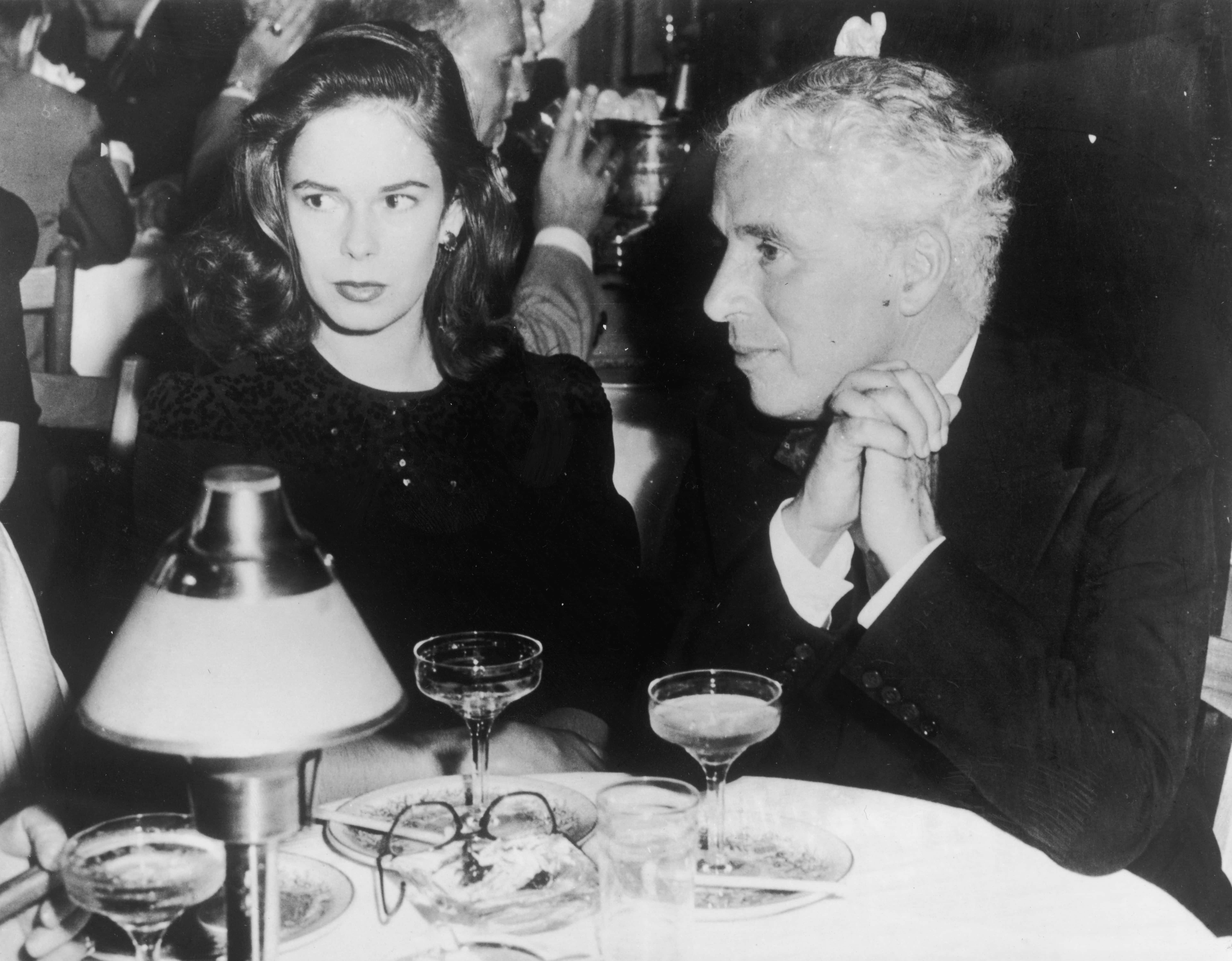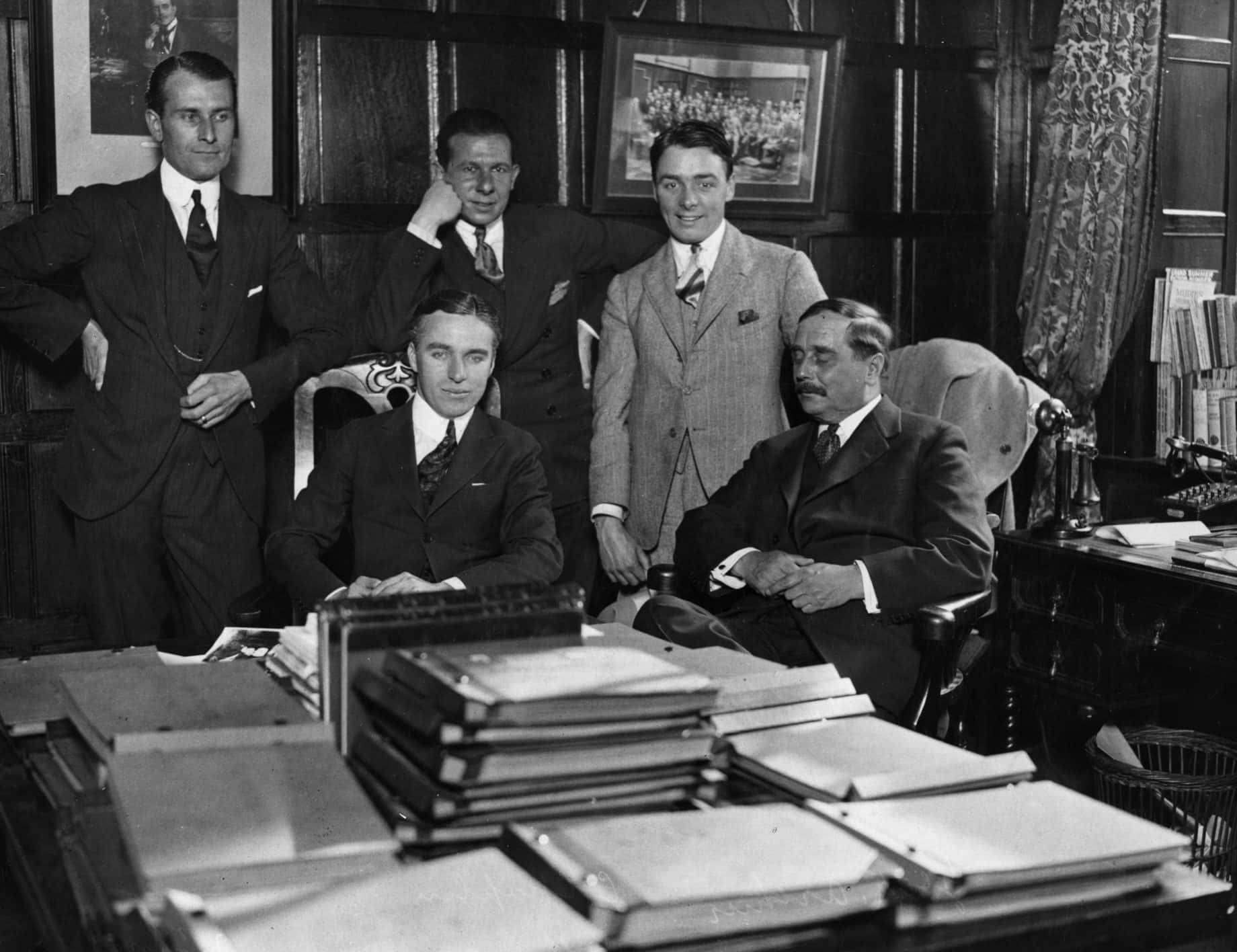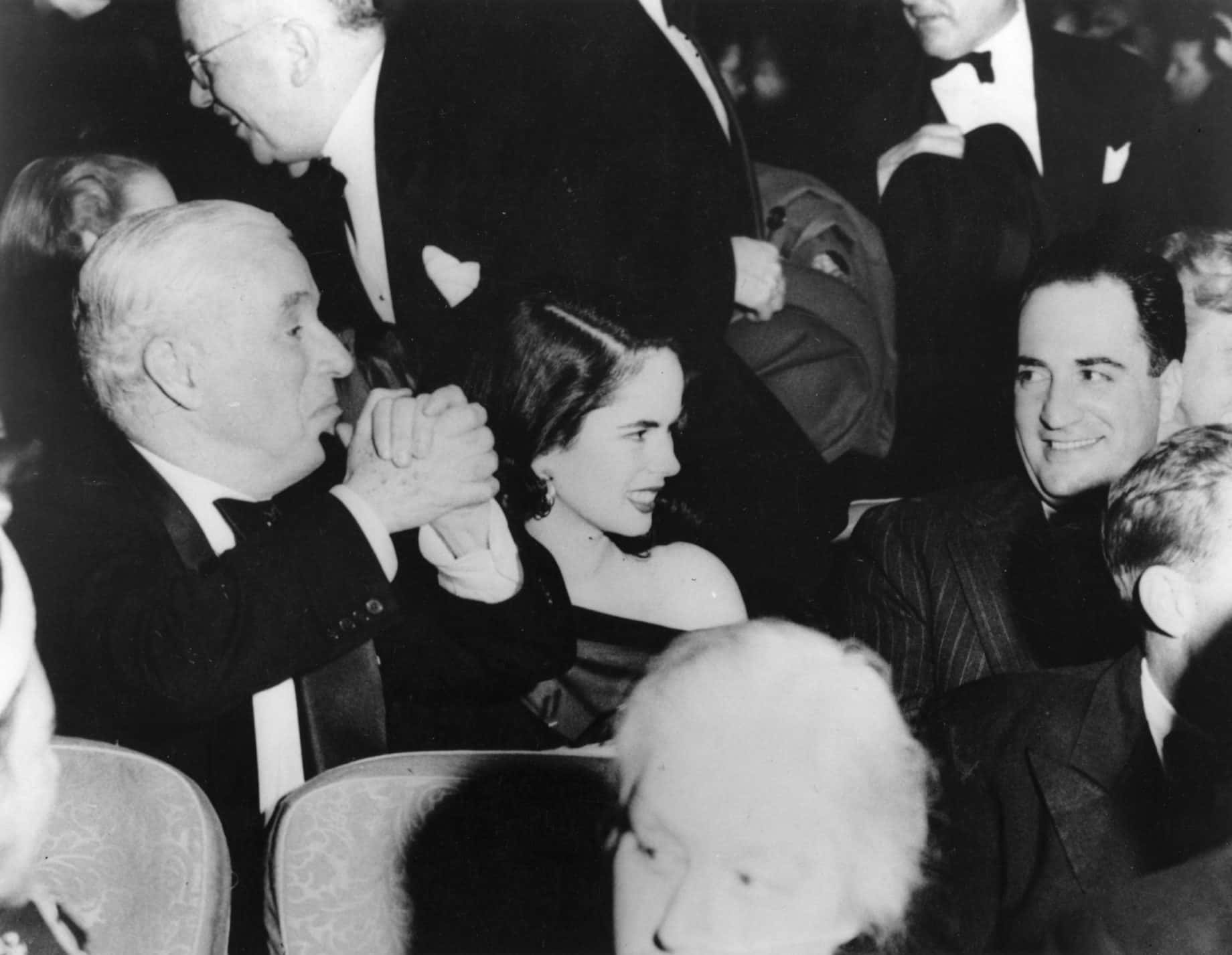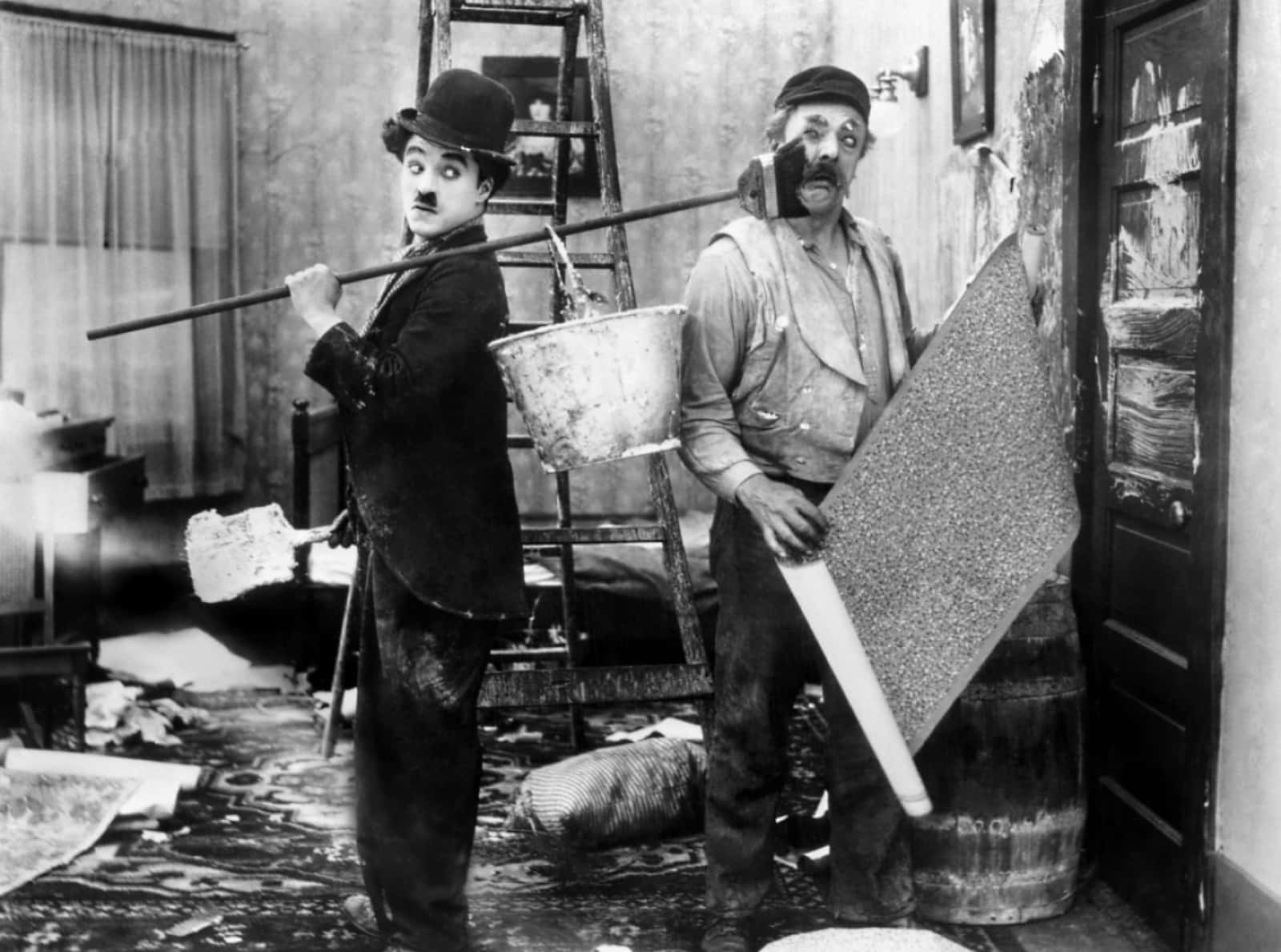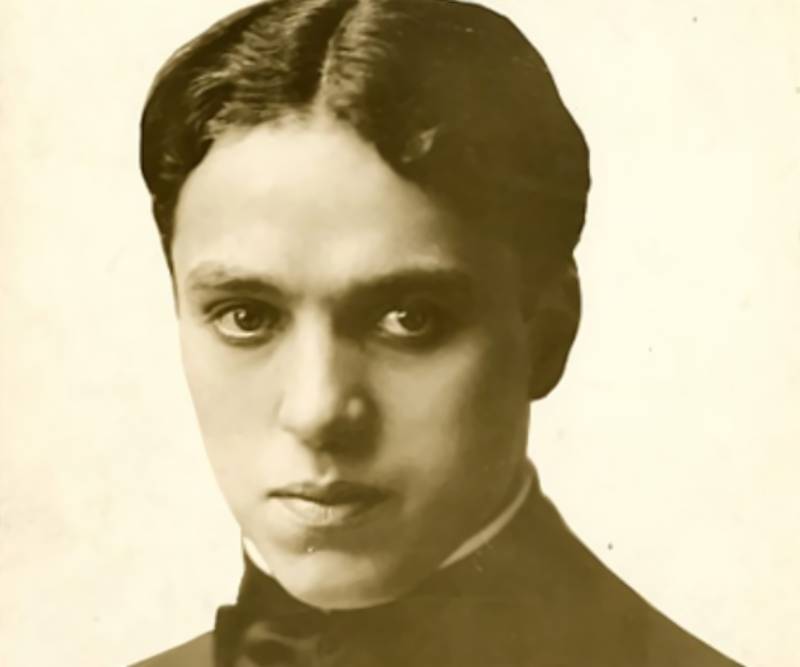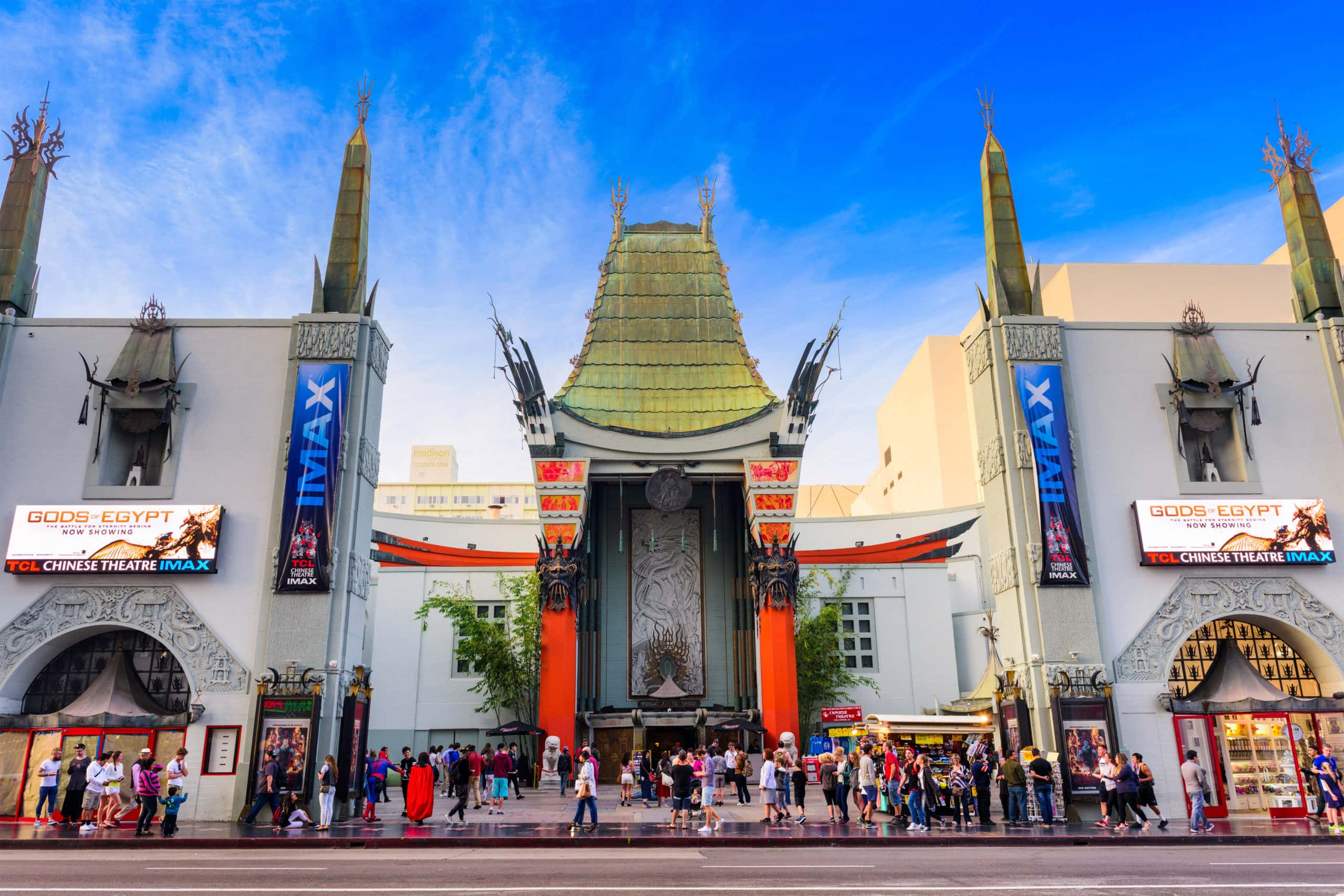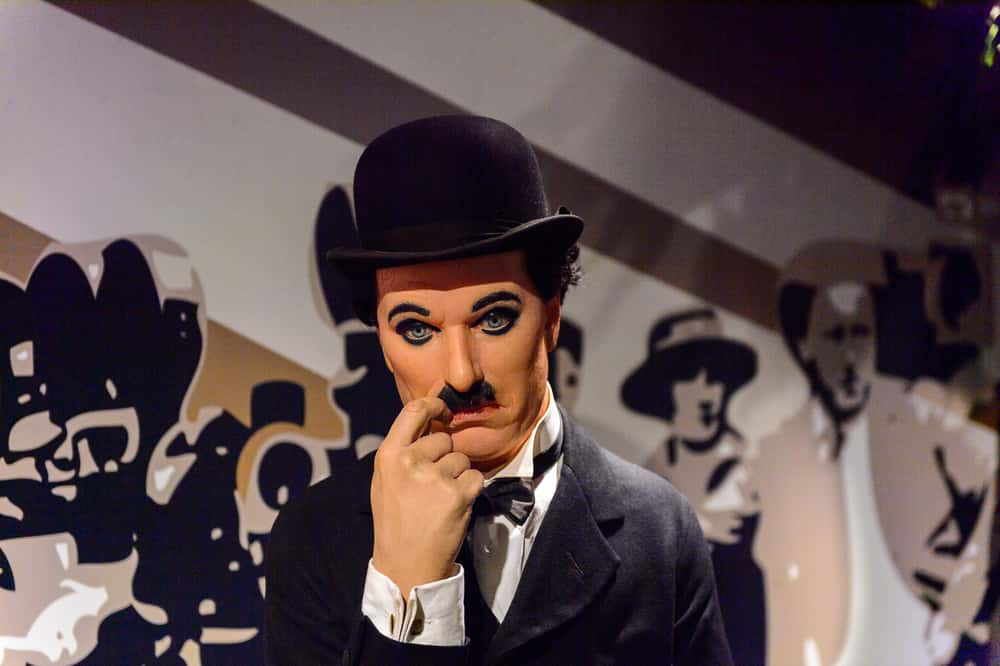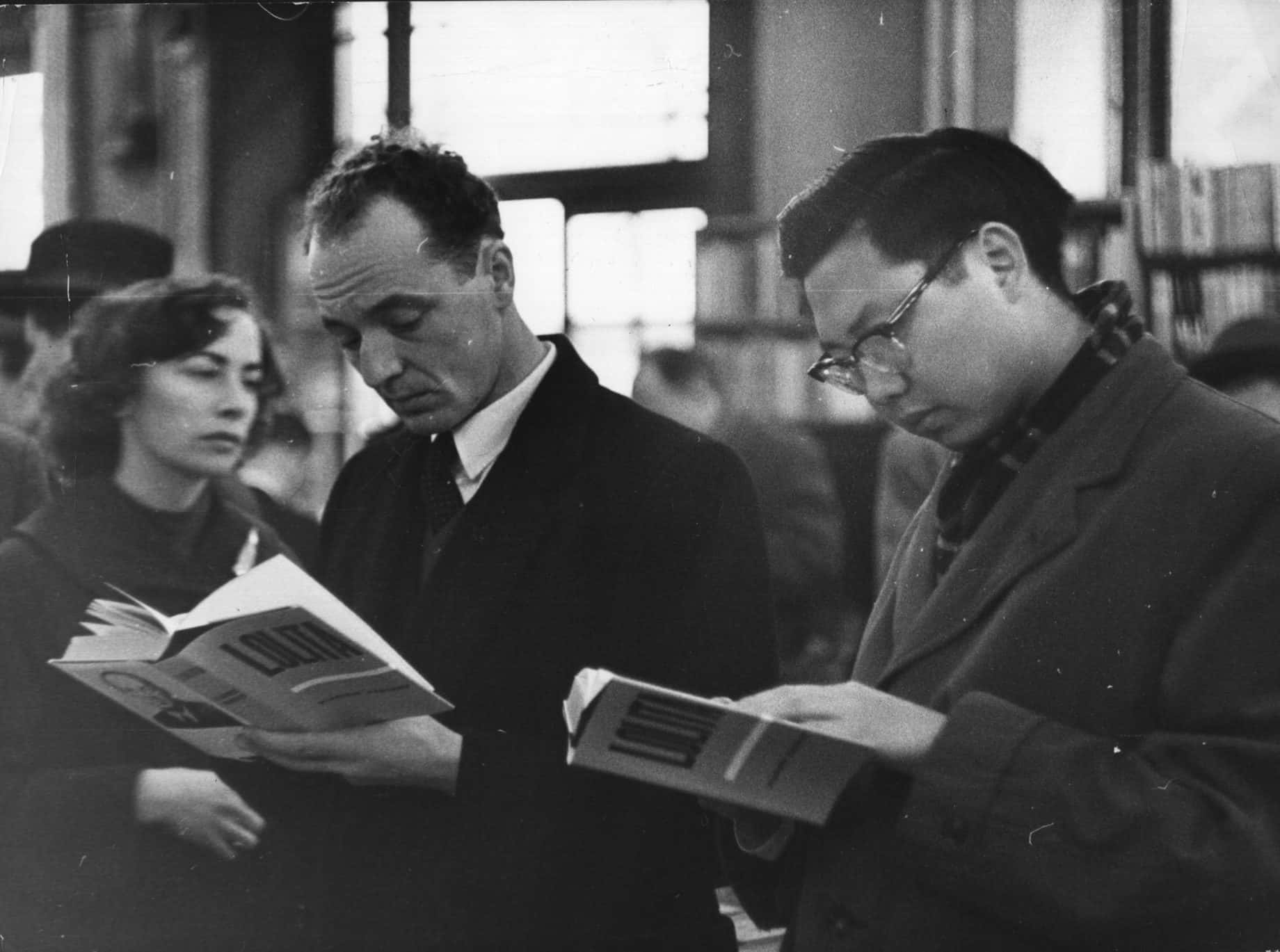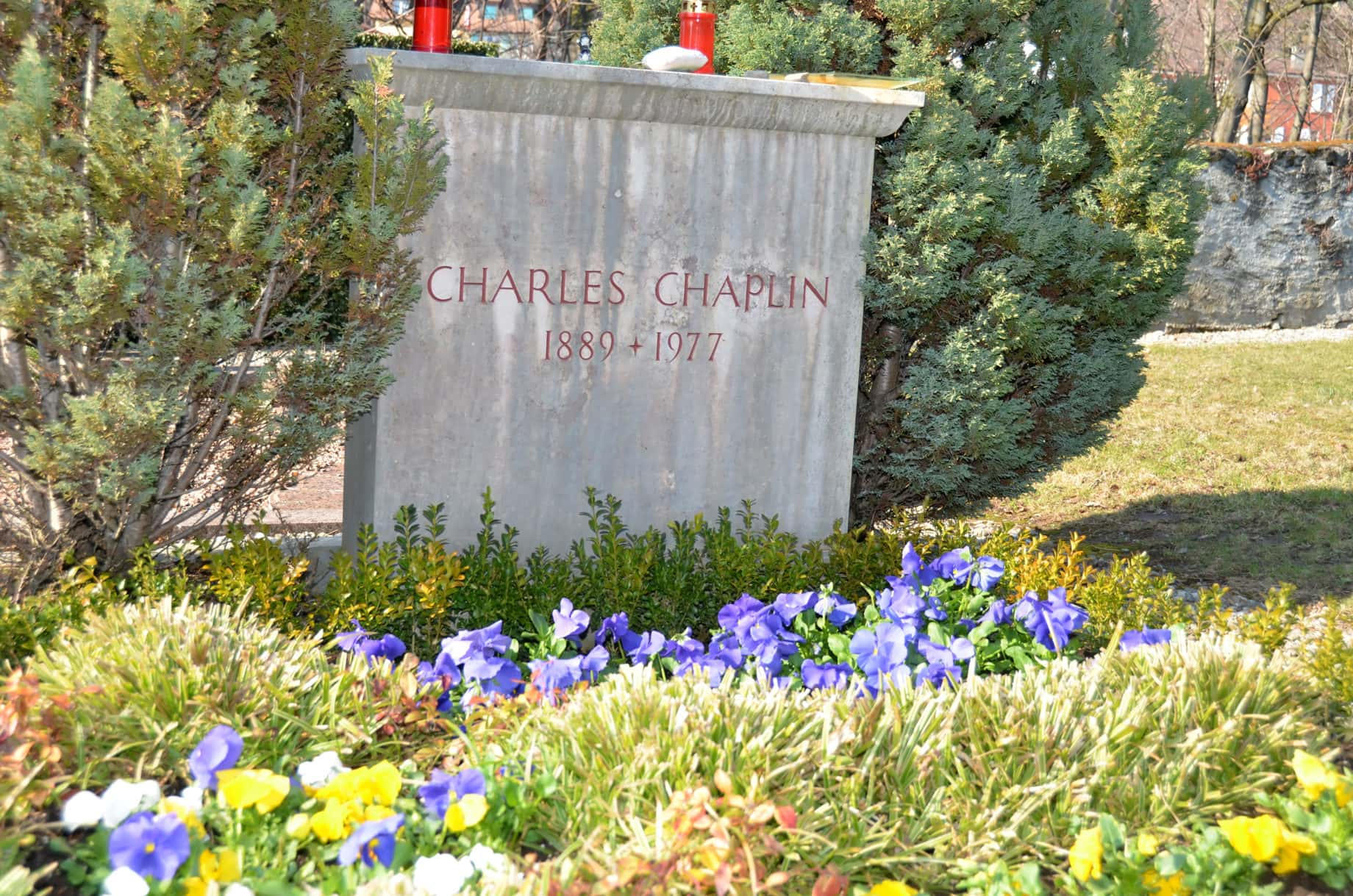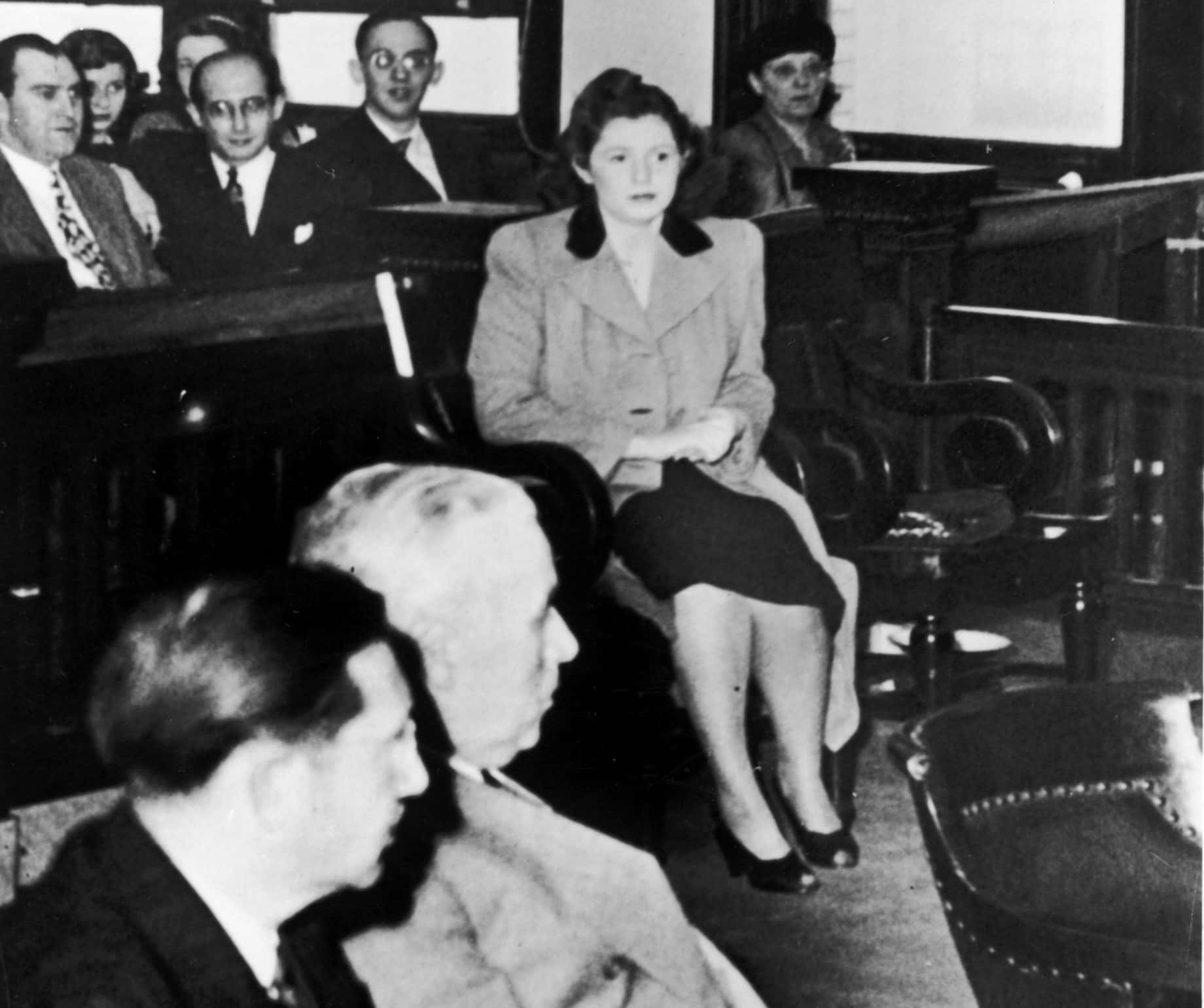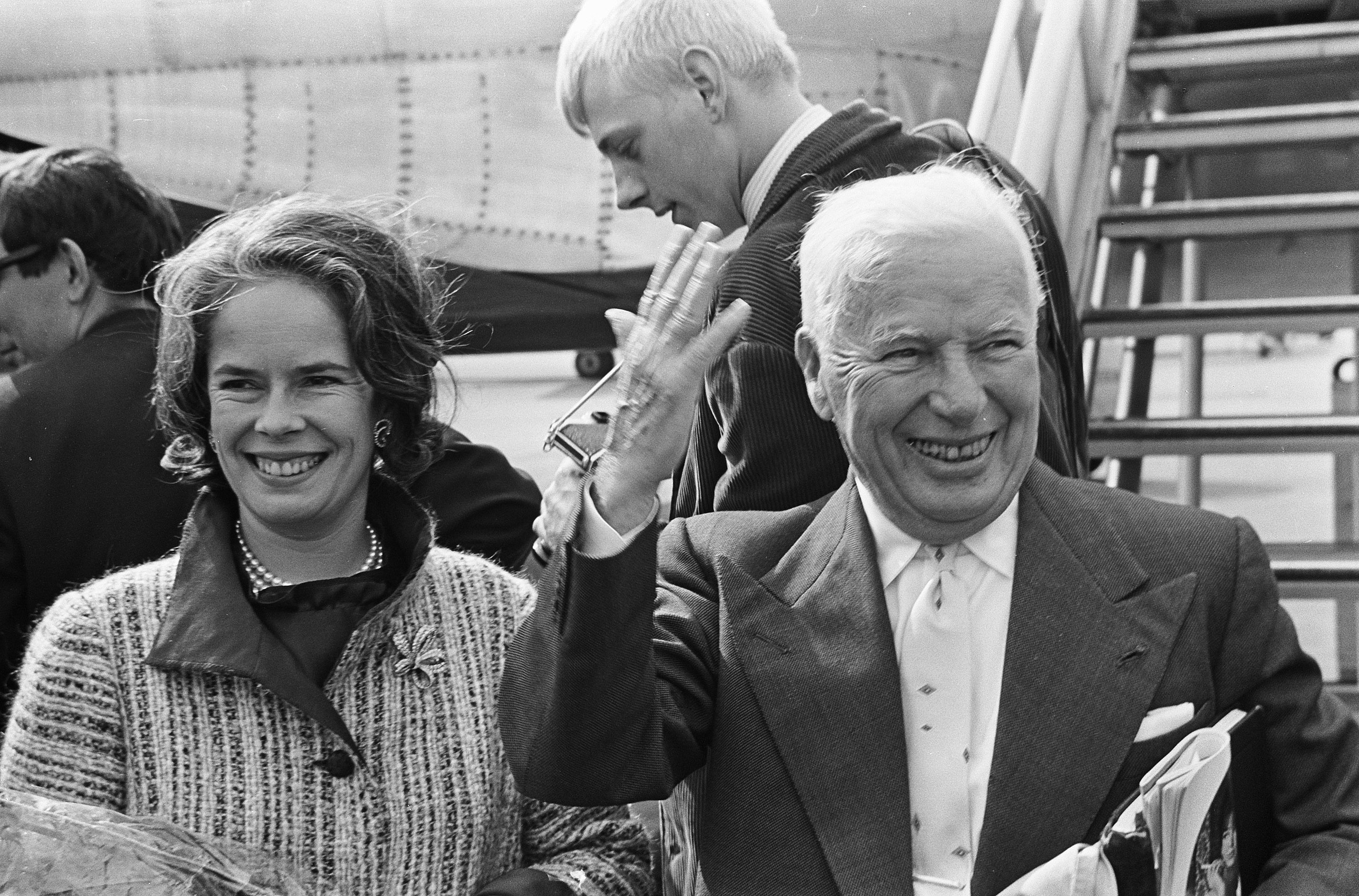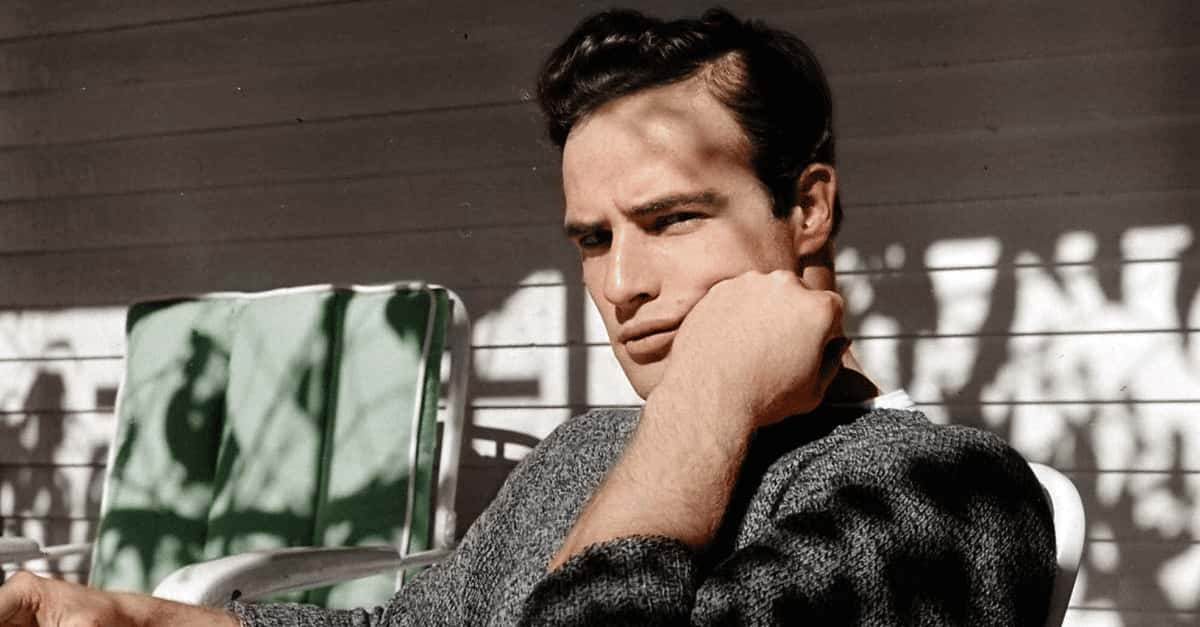Charlie Chaplin was once the biggest star in the entire world, but a cruel twist of fate—and his own dark demons—destroyed his reputation, turning his fame into infamy. Yet when it comes to this English king of comedy, those scandals are just the beginning. Put on that bowler hat and read these facts about Charlie Chaplin, the silent master.
Charlie Chaplin Facts
1. A Star Is Born
Chaplin's childhood was like something out of a Charles Dickens' novel. His parents, Hannah and Charles Sr., were both roaming music hall actors with very little stable income. Chaplin and his older half-brother Sydney grew up in abject poverty, but it was about to get so much worse. His father and mother soon became estranged, with his dad all but abandoning the family.
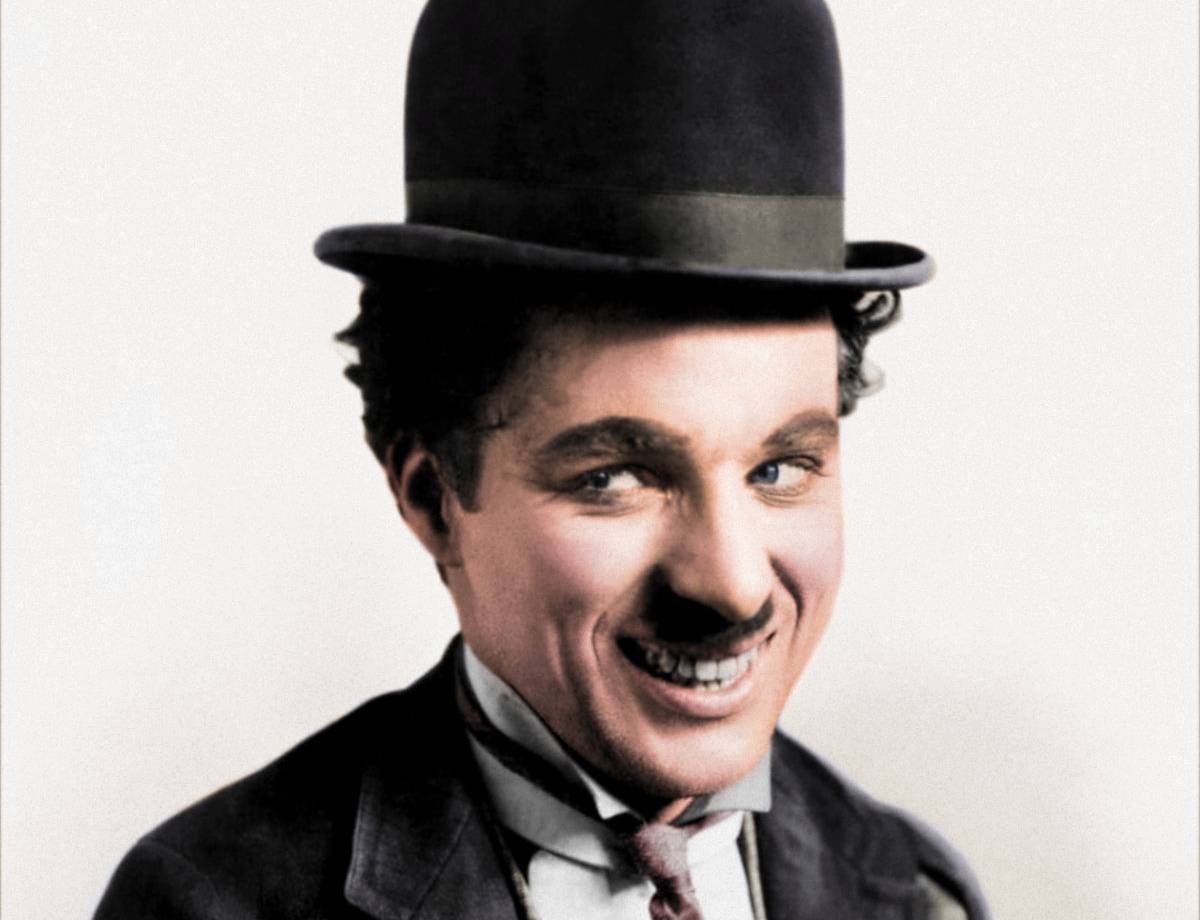 Cassowary Colorizations, CC BY 2.0, Wikimedia Commons
Cassowary Colorizations, CC BY 2.0, Wikimedia Commons
2. Child Prodigy
Though Chaplin adored his mother Hannah, she was usually penniless and unreliable. Even raising her sons, she tried desperately to make it as an actress on the stage, but often found that her voice failed her right in front of the crowd. In an early glimmer of glory, a stage manager once sent out a five-year-old Chaplin to sing for the audience instead.
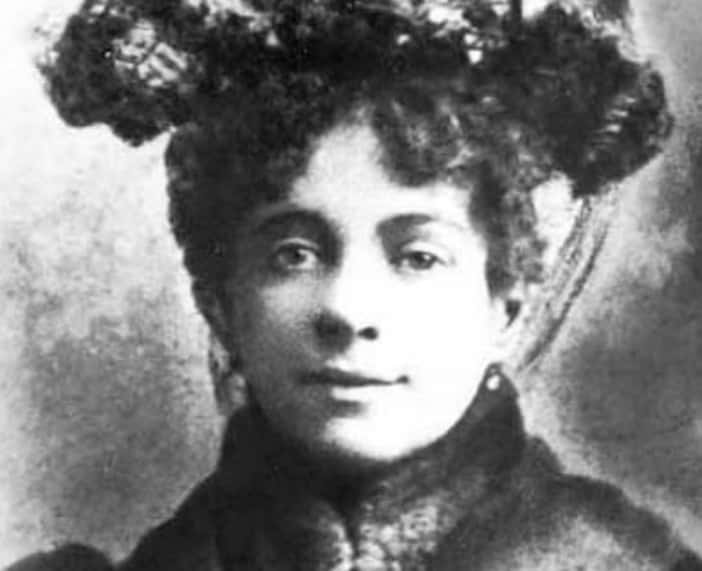 Unknown Author, Wikimedia Commons
Unknown Author, Wikimedia Commons
3. The Role of a Lifetime
Chaplin's most well-known role is The Little Tramp, the gentile and clumsy character he played in many of his films. Except the Little Tramp hid a dark secret. Later, Chaplin's daughter Geraldine once confessed that Chaplin was obsessed with achieving immortality through the character, and he was so afraid he wouldn’t be remembered that he let the Tramp appear on almost anything.
4. Creating a Career
Just like a Dickens character, the young Charlie rose from rags to immense riches almost overnight. He spent his childhood and adolescence touring with various vaudeville troupes, until in 1913 he moved to California and signed with Keystone Studios as a comedic actor. From there, everything changed: He went on to star in and direct 35 of their films.
5. It's a Nice Day for a Sham Wedding
At the height of his career, Chaplin's love life was the stuff of nightmares. When he was a rising star, his 16-year-old lover Mildred Harris confessed to him that she was pregnant, forcing him to marry her in a quickie wedding. Chaplin was deeply unhappy in this first marriage—but he didn't know it was going to get much worse.
When their son was born, the baby boy was severely malformed, and died just days later. Within a year, Chaplin and Harris had divorced.
6. Taking Things Into Their Own Hands
Chaplin famously campaigned for putting more power into actors' hands and away from the big studios, which is why he created his own studio, United Artists, alongside other silver screen stars like Mary Pickford. In a probably ill-advised move, Chaplin sold his shares in the company in 1955, just eight years before it released the first James Bond film.
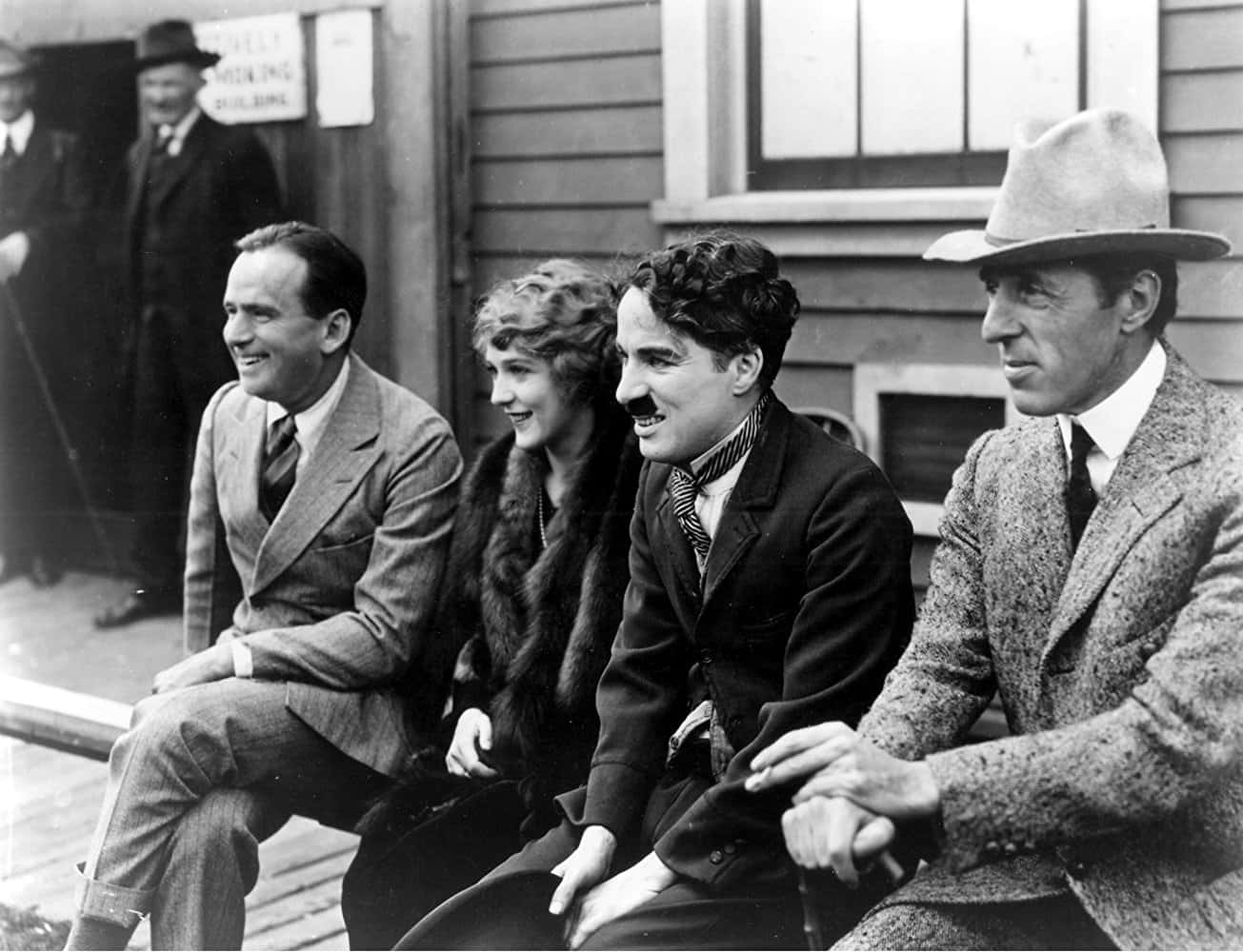 Unknown Author, Wikimedia Commons
Unknown Author, Wikimedia Commons
7. I Got a Bad Case of Loving You
By 1915, Chaplin's films were so popular with audiences that he had become a total pop culture phenomenon, and maybe even the first real film star. Stores stocked Chaplin and "The Little Tramp" merchandise, and people hounded him in public wherever he went. One journalist called the worldwide craze "Chaplinitis."
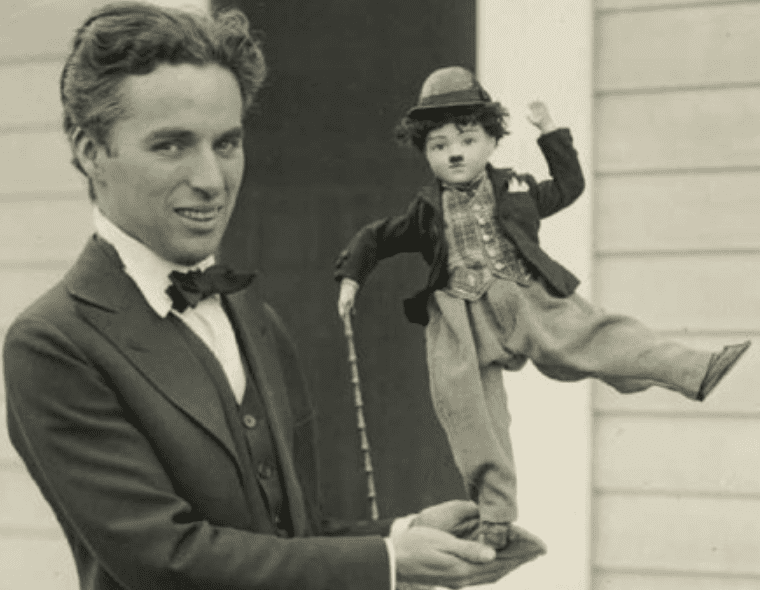 Unknown Author, Wikimedia Commons
Unknown Author, Wikimedia Commons
8. Charles of All Trades
In addition to writing, directing, and performing in his own movies, Chaplin also wrote many of their scores.
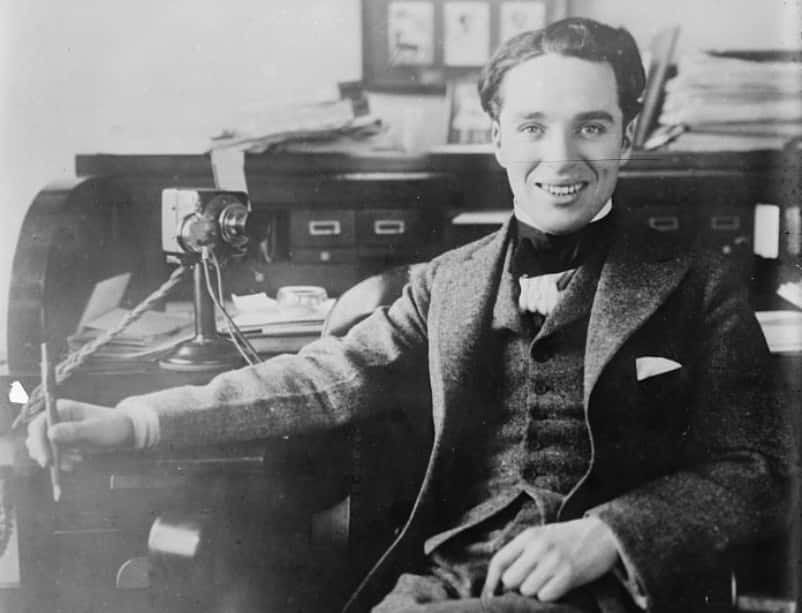 The Library of Congress, Flickr
The Library of Congress, Flickr
9. Second Time's Not the Charm
Chaplin's second marriage to the starlet Lita Grey was even more troubled than his first. Like his first wife Mildred, Grey was just a 16-year-old girl when she met the 35-year-old Chaplin...and got pregnant. Chaplin was terrified that the authorities would charge him with activity with a minor, so he hastily wed the girl in Mexico and tried to be happy. He wasn't.
Chaplin spent all his free time away from home, desperately trying to avoid Grey even after they had two children together.
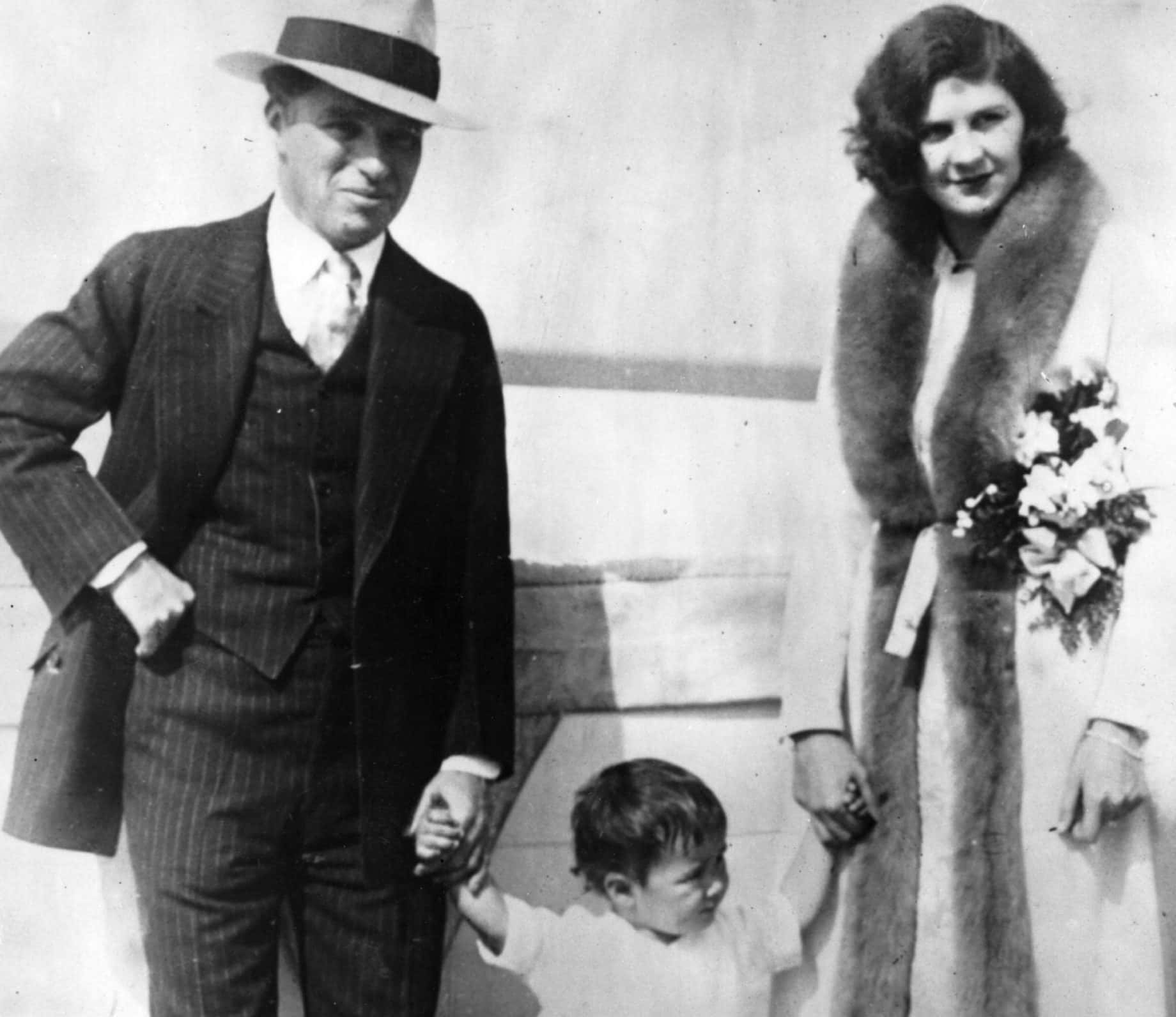 Topical Press Agency, Getty Images
Topical Press Agency, Getty Images
10. Unnaturally Right
Chaplin was naturally left-handed. You’ll notice in his films he does things with his left hand, like playing the violin or throwing rocks. However, like other lefties, he was forced to learn to write with his right hand because left-handedness was seen as deviant. In a film documenting the formation of the United Artists, you’ll see him writing with his right hand.
11. Class Clown
Chaplin tried to make a joke of almost everything, and the habit sometimes got him into trouble. In the lead up to World War II, Chaplin once met with Winston Churchill, who was reading newspapers and looking very worried. When Chaplin asked what was wrong, Churchill answered, "Germany." Chaplin then tried to make light of the situation, only to have Churchill snap, "No, no, it's quite serious." Um, yeah.
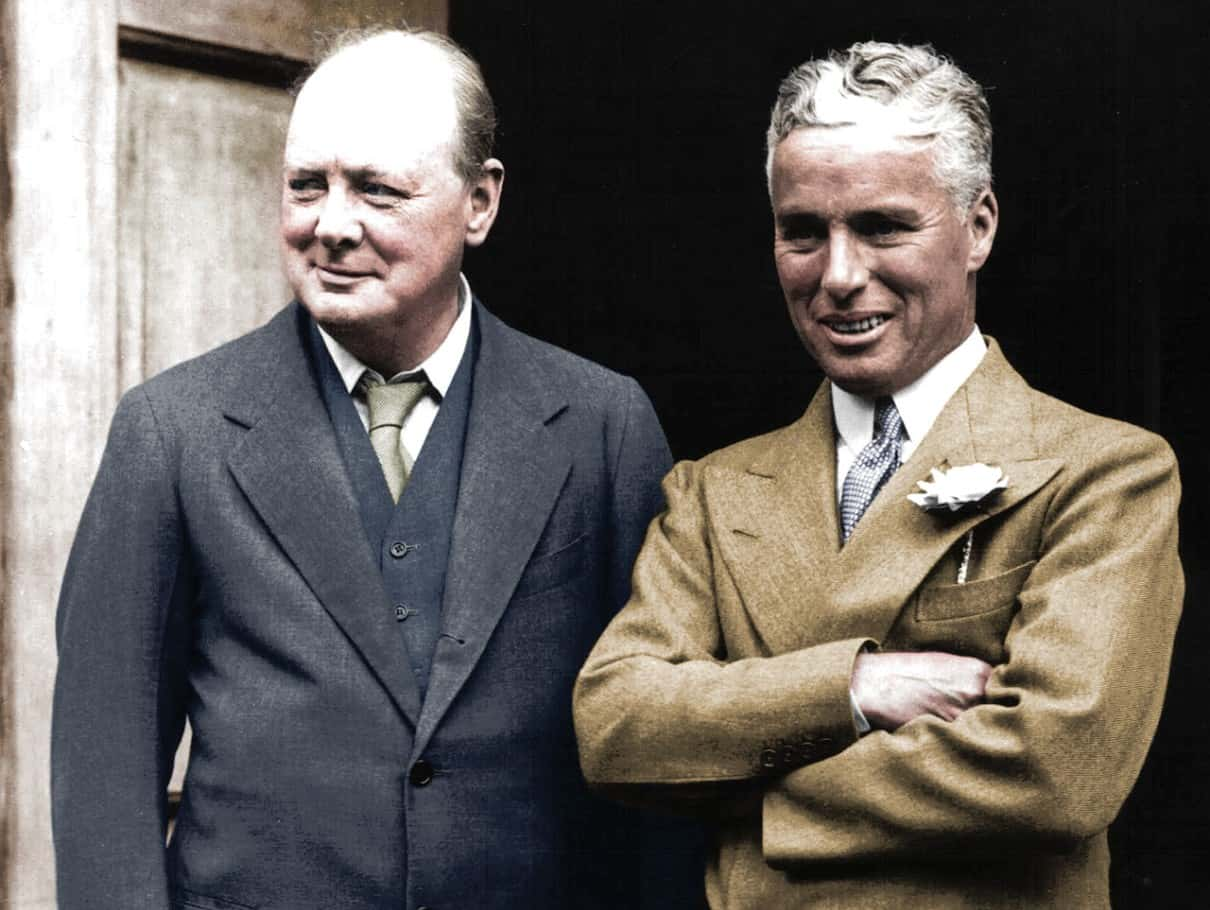 Cassowary Colorizations, Flickr
Cassowary Colorizations, Flickr
12. You'll Pay for This
In 1926, Lita Grey finally had enough and left Chaplin, taking their children with her. But when she filed for divorce, everything unraveled. A bitter, enraged Grey charged him not only with infidelity and misconduct, but also with "perverted desires." Even worse, the press got a hold of the allegations, and soon the public was demanding to ban his films.
Ultimately, Chaplin paid Grey the massive (for the time) sum of $600,000 to make it all go away. If only he knew that it would be far from his last controversy...
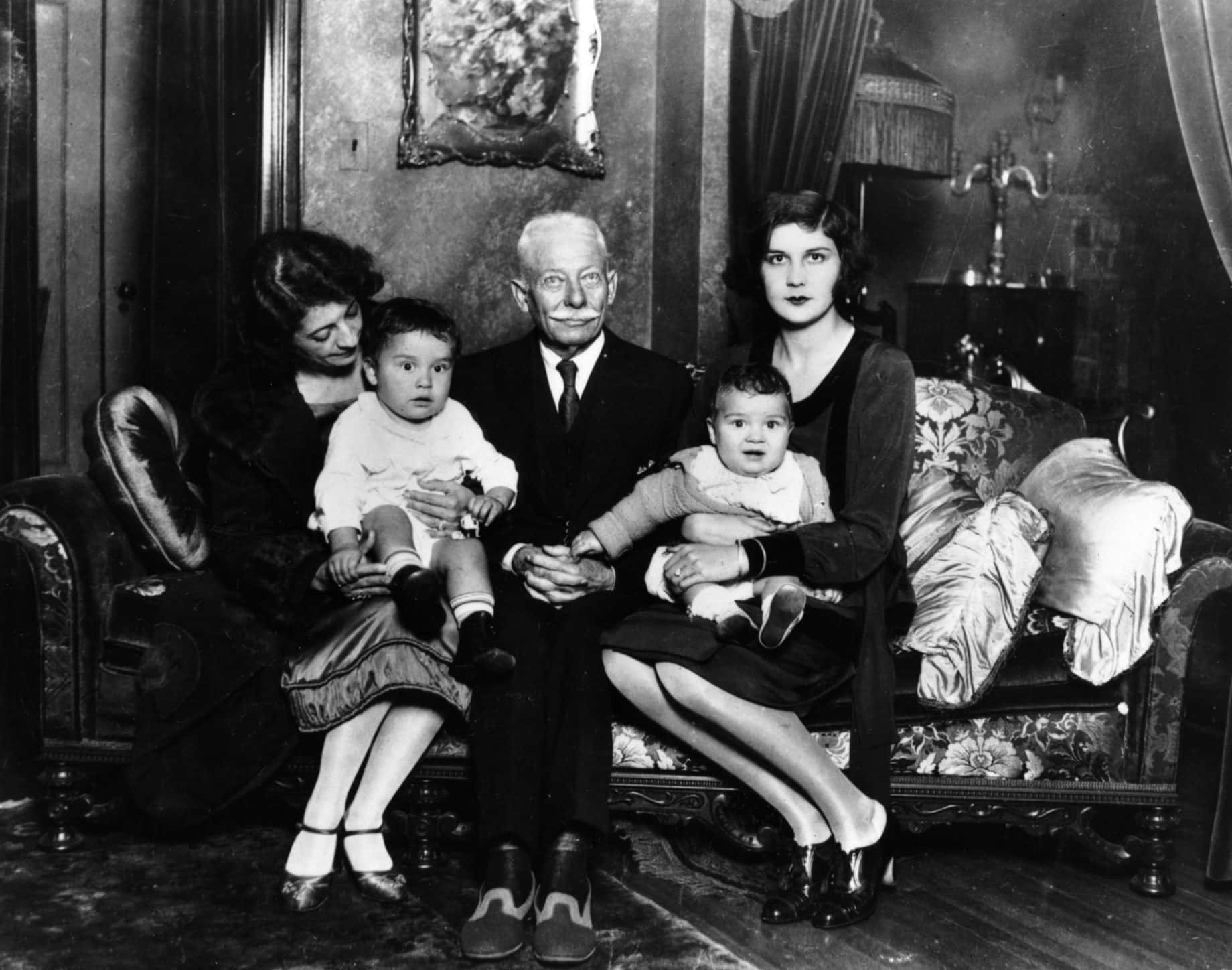 Topical Press Agency, Getty Images
Topical Press Agency, Getty Images
13. Learning From a Pro
One of Chaplin’s friends, Granville Redmond, helped teach the comedian how to pantomime techniques for use on camera. Redmond was actually a masterful teacher, and helped mold Chaplin into the master silent comedian he became. Why was that? Well, Redmond had a secret weapon: He was deaf, so Chaplin had to make sure he was communicating exactly what he needed to.
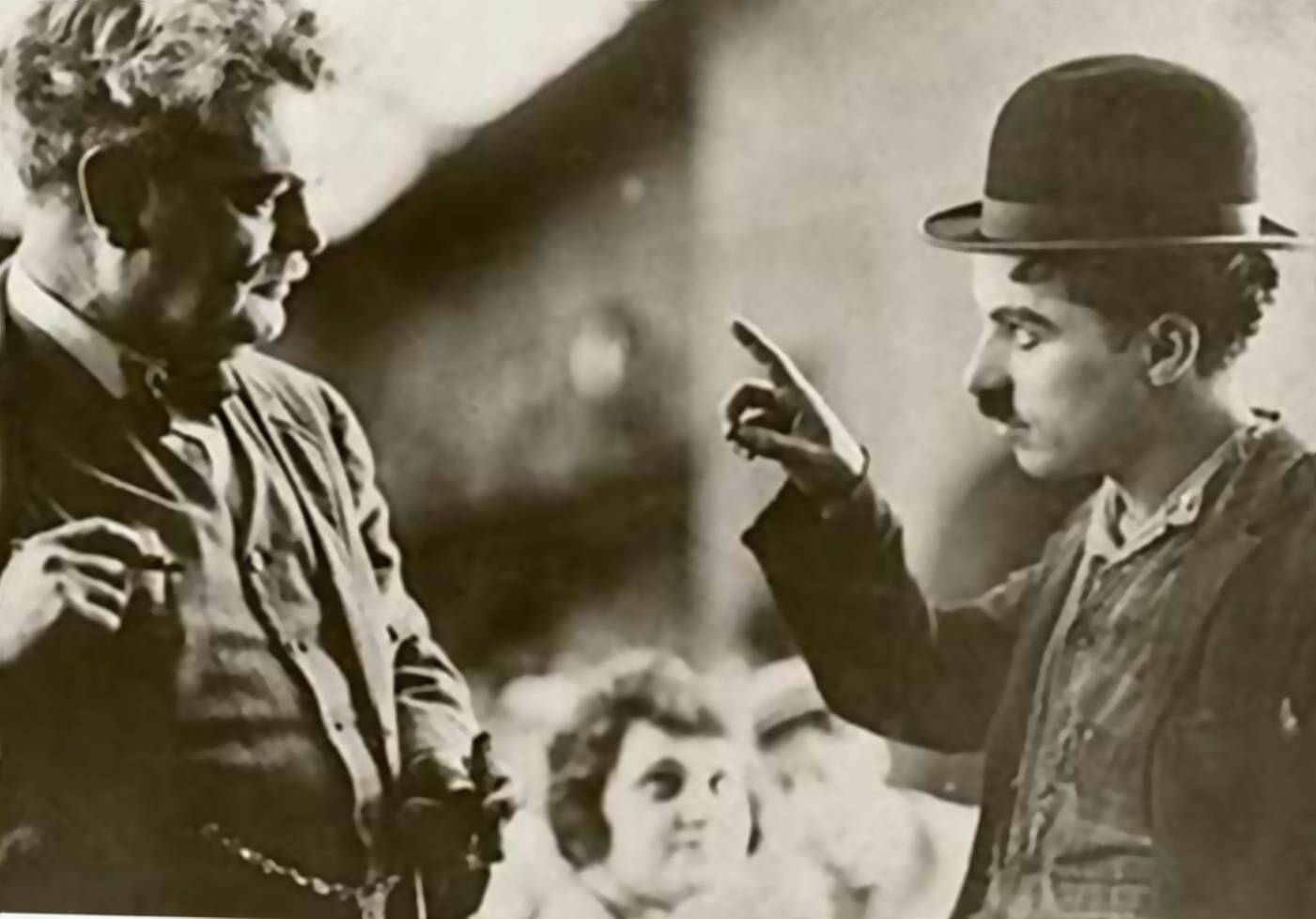 Unknown Author, Wikimedia Commons
Unknown Author, Wikimedia Commons
14. Is He or Isn't He?
There are countless myths and legends about Charlie Chaplin, but one of the most bizarre whispers was that he was actually Jewish, and born in France. Some say his real name was Israel Thornstein, a claim that even the FBI looked into. They turned up nothing, but it wouldn't be Chaplin's only brush with the secret service...
 National Media Museum - Daily Herald Archive, Wikimedia Commons
National Media Museum - Daily Herald Archive, Wikimedia Commons
15. A Clash of Titans
An elderly Chaplin directed Marlon Brando in A Countess From Hong Kong—and it ended in utter disaster. While directing, Chaplin loved to impersonate each of the actors to show them what do to in the scene. Brando was insulted and disgusted to see Chaplin taking on his role, and even threatened to quit the production. He later called Chaplin “the most sadistic man” he’d ever met.
16. You've Lost That Loving Feeling
Chaplin's third wife Paulette Goddard was his only kind-of age appropriate bride, and his least controversial nuptials (which, as you'll still see, isn't saying much). While Chaplin was 47 at the time, Goddard was at least a grown adult at 26 years old. They married in 1936 and stayed that way for six years, drifting apart mostly because of their mutual devotion to work.
17. Talk Is Cheap
Chaplin was infamously dismissive of the turn away from silent films and toward so-called "Talkies." He resisted the call for almost all of his films, even when silent films were becoming obsolete. When it came to his commitment to silent comedy, he once quipped that, "Words are cheap. The biggest thing you can say is 'elephant.'"
18. Young Love
Chaplin had experienced public troubles in love before, but his last marriage was his most infamous. In 1943, Chaplin married the young Oona O'Neill, the 17-year-old daughter of famed playwright Eugene O'Neill. The actor obviously had a well-known taste for young girls, but even this was too much for the public to take. Why? Chaplin was 54 years old at the time.
19. House of Stark
One of Chaplin's granddaughters, also named Oona, is an actress in her own right. You might recognize her from such places as Game of Thrones, where she played Talisa Stark. Of her grandfather, she said, “When people say [Charles Chaplin] I still think now of the guy in the mustache and bowler hat and funny walk—I don't think of an old man who was my grandfather.”
20. Worked to the Bone
Unfortunately, Chaplin's mother Hannah met a cruel fate. She was never wealthy, and frequently suffered mental health episodes. In 1903, she was even forced into an asylum. Meanwhile, Charlie and his half-brother Syd had to go live as destitute children in a harsh workhouse. Hannah stayed institutionalized for decades, until an adult Chaplin rescued her and moved her to California.
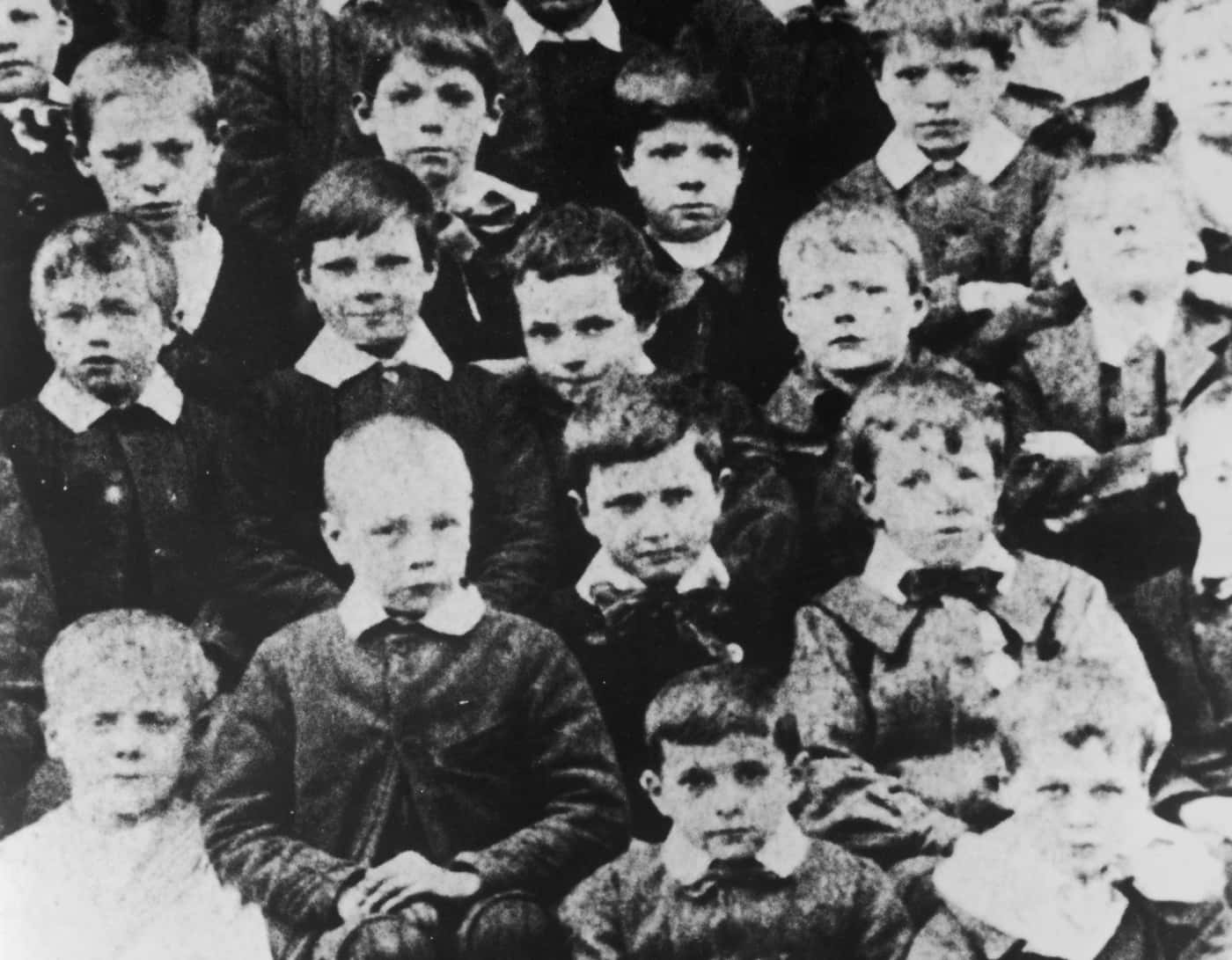 Michael Ochs Archives, Getty Images
Michael Ochs Archives, Getty Images
21. If You’re Not With Us, You’re Against Us
During World War II, Chaplin's tenuous reputation started getting truly tarnished. Not only did the English accuse him of being a coward back in World War I, but FBI head J. Edgar Hoover also became deeply suspicious of Chaplin's later war-time motives, and started creating a file on his supposed political leanings. But that was just the beginning of the nightmare.
 Unknown Author, Wikimedia Commons
Unknown Author, Wikimedia Commons
22. Politically Declined
In 1947, the government subpoenaed Chaplin to testify for The House Un-American Activities Committee. He never did, but in 1952 he got a nasty surprise: The US denied him entry into the country after he had gone to London for a movie premiere. Temporarily exiled from the country he called home, an insulted Chaplin moved his family to Switzerland.
23. Making It Work
Though Chaplin's marriage to Oona was bathed in controversy, it had a surprisingly happy ending. Chaplin called the day they met "the happiest event of my life," and Oona reportedly worshipped him. The super May-December couple were together until Chaplin passed on in 1977, and even had a total of eight children together.
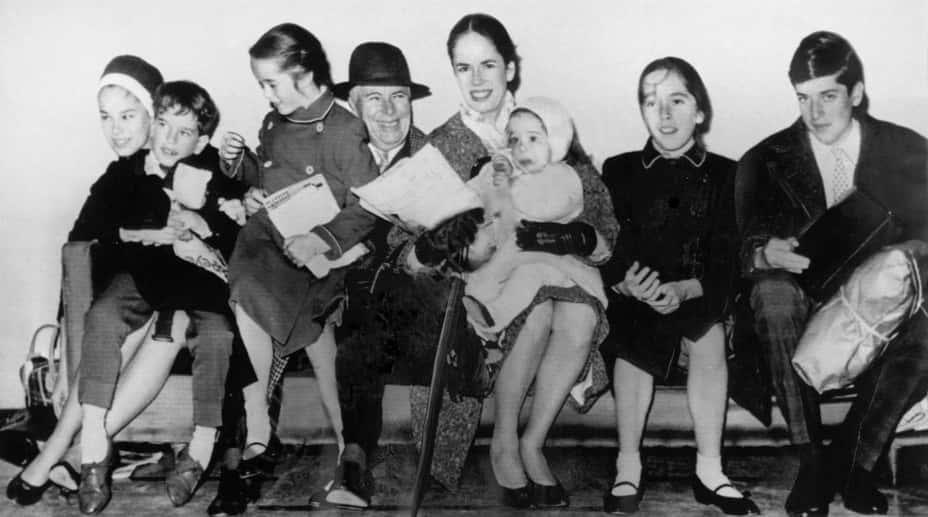 Associated Press photographer, Wikimedia Commons
Associated Press photographer, Wikimedia Commons
24. Fall From Grace
In 1946, Chaplin put out his black comedy Monsieur Verdoux, only to receive a horrific backlash. By then, his stock had fallen so steeply in America that they wanted nothing to do with his films. The crowd even booed Chaplin at the premiere, and many audiences boycotted its release as well as the release of his next film, Limelight.
25. Don't Call It a Comeback
In 1972, after decades of exile, Chaplin finally traveled to America again to pick up an honorary Oscar. His appearance was absolutely heartbreaking. When he came on the stage, the audience gave him an incredible 12-minute standing ovation. Chaplin was visibly touched that he hadn't been forgotten after all these years. As he said, “Words seem so futile and so feeble...you are all wonderful, sweet people. Thank you.”
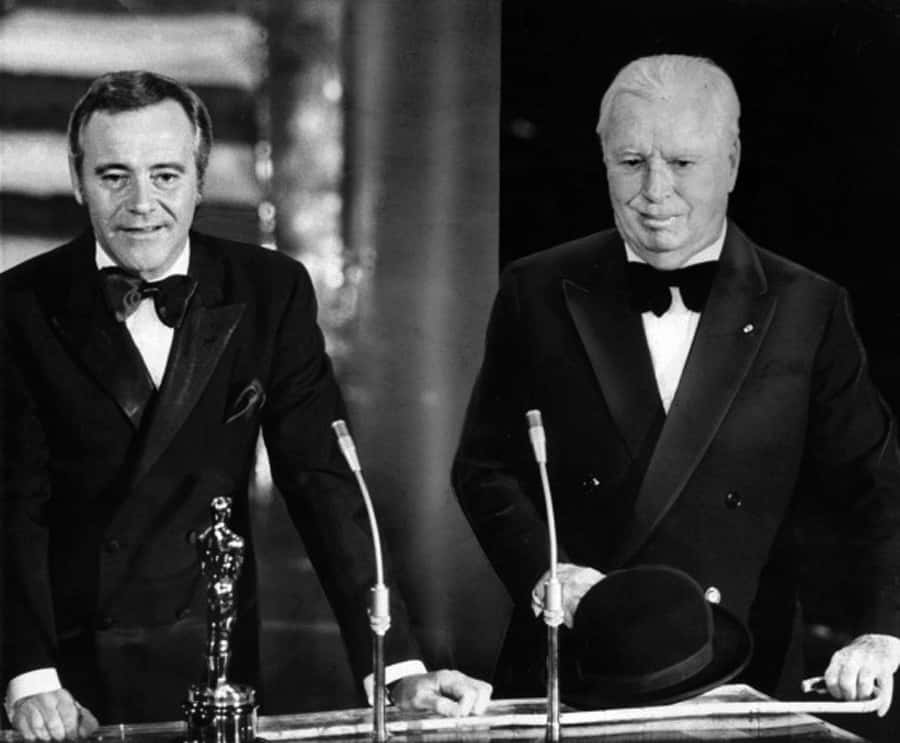 Associated Press photographer, Wikimedia Commons
Associated Press photographer, Wikimedia Commons
26. Credit Where Credit It's Due
In 1925, Chaplin became the first actor to ever appear on the cover of Time magazine.
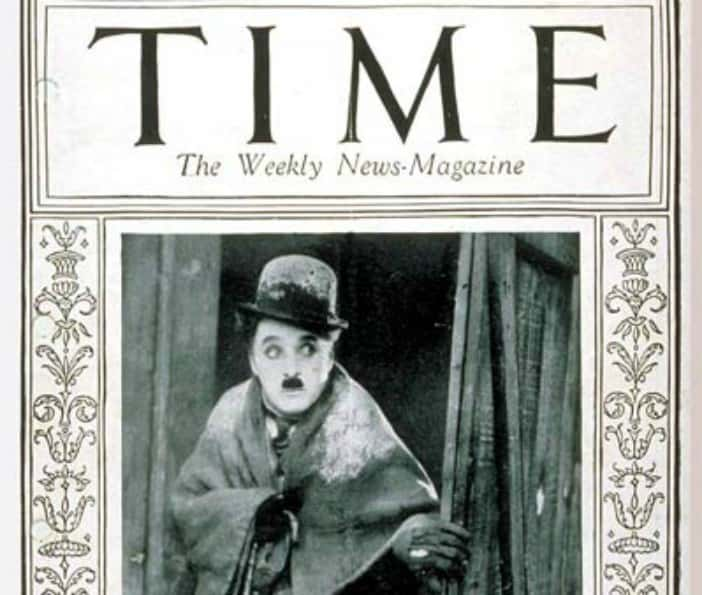 Time Magazine, Wikimedia Commons
Time Magazine, Wikimedia Commons
27. Do It Right, or Not at All
Chaplin was a notorious perfectionist about his work, and he refused to release any of his films until he was 100% satisfied with the final product. Even so, he never used a working script. Instead, he would go off ideas in his mind, working and reworking the story, which often led to hours of footage that he couldn't use.
28. Lost in a Letter
In 2011, long after the star's end, Chaplin's remaining family found a mysterious letter locked away in a drawer with his belongings. Its contents changed everything. In it, a man named Jack Hill states that Chaplin was actually born in a gypsy caravan that belonged to Hill’s aunt, who also happened to be a Gypsy Queen.
Though the family has no further clues, they admit it must have been important—and even true—for Chaplin to have kept it under lock and key.
29. Just One More Take, I Can Do It!
Actors go to far lengths sometimes in their roles, and Chaplin is no exception. One day, Chaplin even ended up in the hospital for severe insulin shock. Why? Well, he reshot one scene for his masterpiece The Gold Rush a whopping 63 times. As a result, he had to eat a prop boot, which was made of black licorice, over and over again.
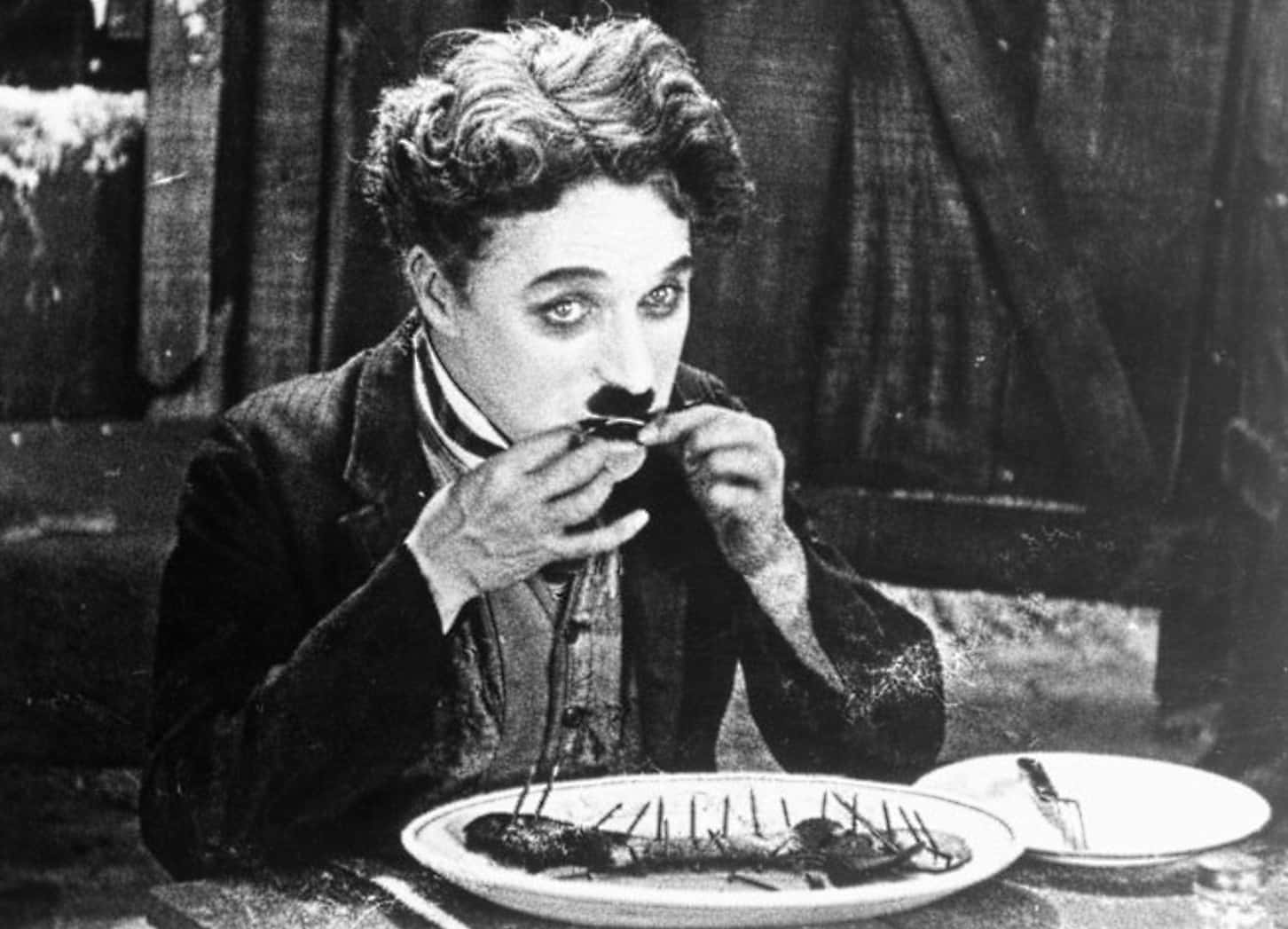 United Artists, Wikimedia Commons
United Artists, Wikimedia Commons
30. Diva Behavior
One day, Chaplin's famous perfectionism reached disturbing heights. In front of a crowd of people, he destroyed the original negative of his film The Sea Gull. No one knew exactly what was going on in Chaplin's head, but many believe he did it because he was unhappy with the way his lead actress had decided to play her part.
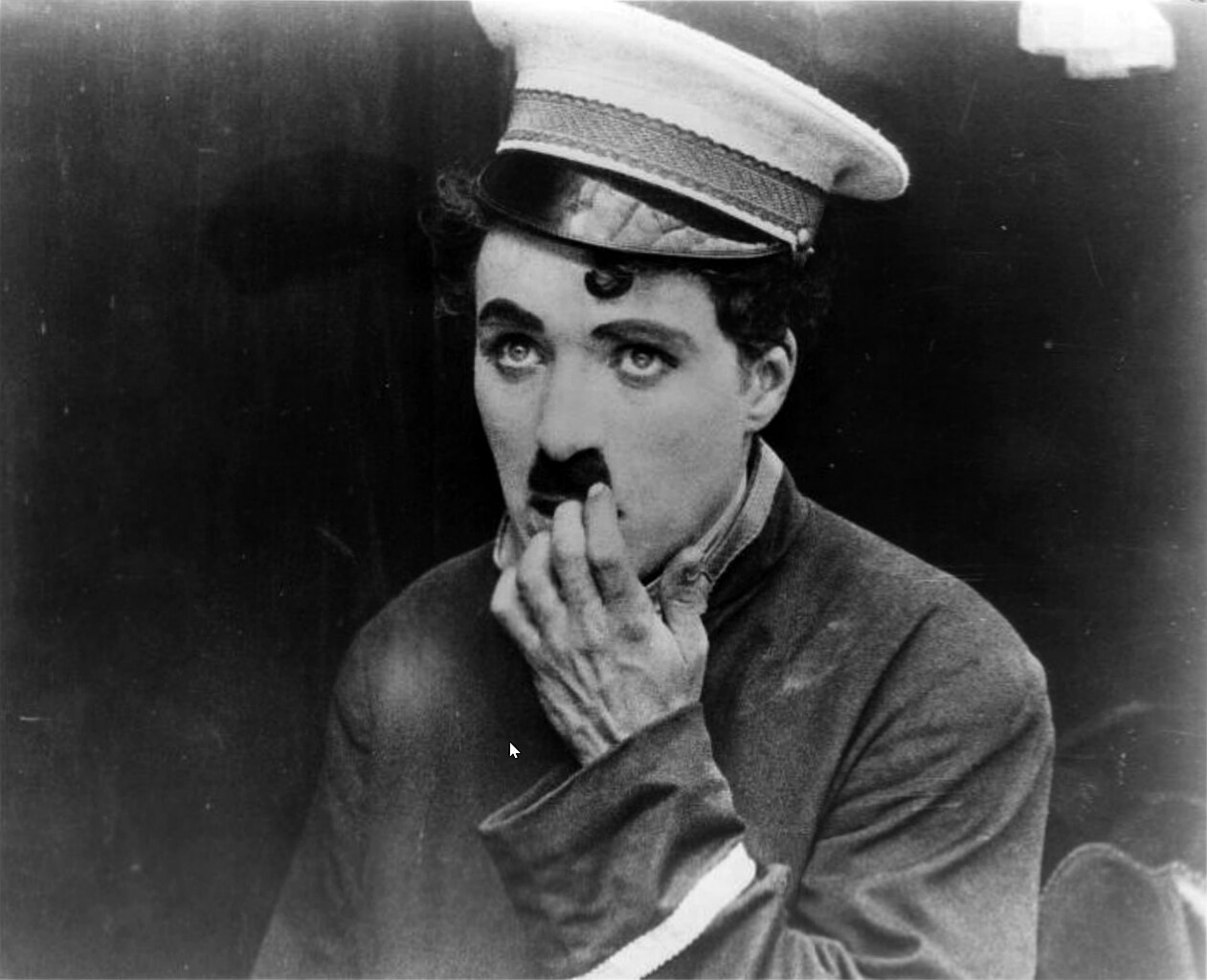 Essanay Studios, Wikimedia Commons
Essanay Studios, Wikimedia Commons
31. Cementing His Fate
Like many mega-stars, Chaplin once had his handprints, footprints, and signature preserved in cement at the Chinese Theater—but no one knows where that chunk of cement is now. After his fall from grace, someone or some organization removed the testament to his fame, and to this day no one has ever found it.
32. House of Mouse
How's this for famous? Disney's Mickey Mouse is partly based off Chaplin.
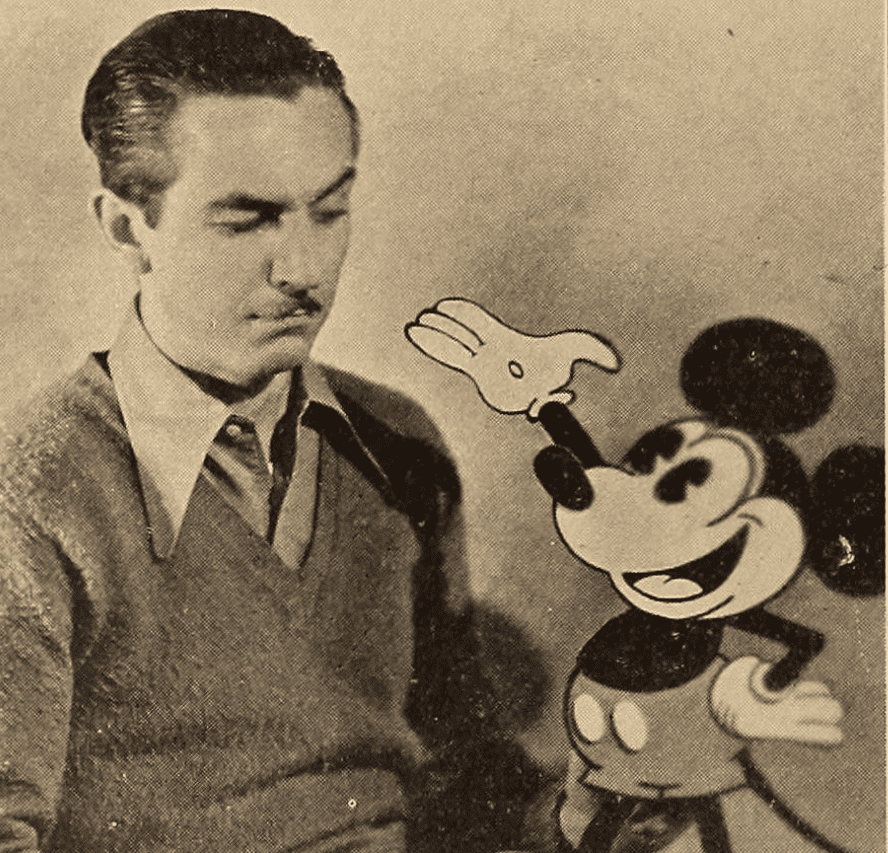 Unknown Author, Wikimedia Commons
Unknown Author, Wikimedia Commons
33. All the Better to See You With, My Dear
What color were his eyes? Well, looking at his black and white films, with his eyes covered in makeup, you’d think they were brown. Not true! They were actually blue. He wrote in his autobiography that people were always struck by that fact. His fourth wife Oona even wrote to a friend, "Just met Charlie Chaplin. What blue eyes he has!" right after their first meeting.
34. Sacrilege!
Incredibly, Chaplin never won an Academy Award for acting.
 Essanay Films, Wikimedia Commons
Essanay Films, Wikimedia Commons
35. Charming Charlie
Rumor has it that fellow silent film comedian Buster Keaton and Chaplin had a bitter feud, but nothing could be further from the truth. In fact, when Keaton was struggling to make ends meet in 1928, Chaplin hired him for his film Limelight to help him put food on the table. Keaton once said that Chaplin was “the greatest silent comedian of all time.”
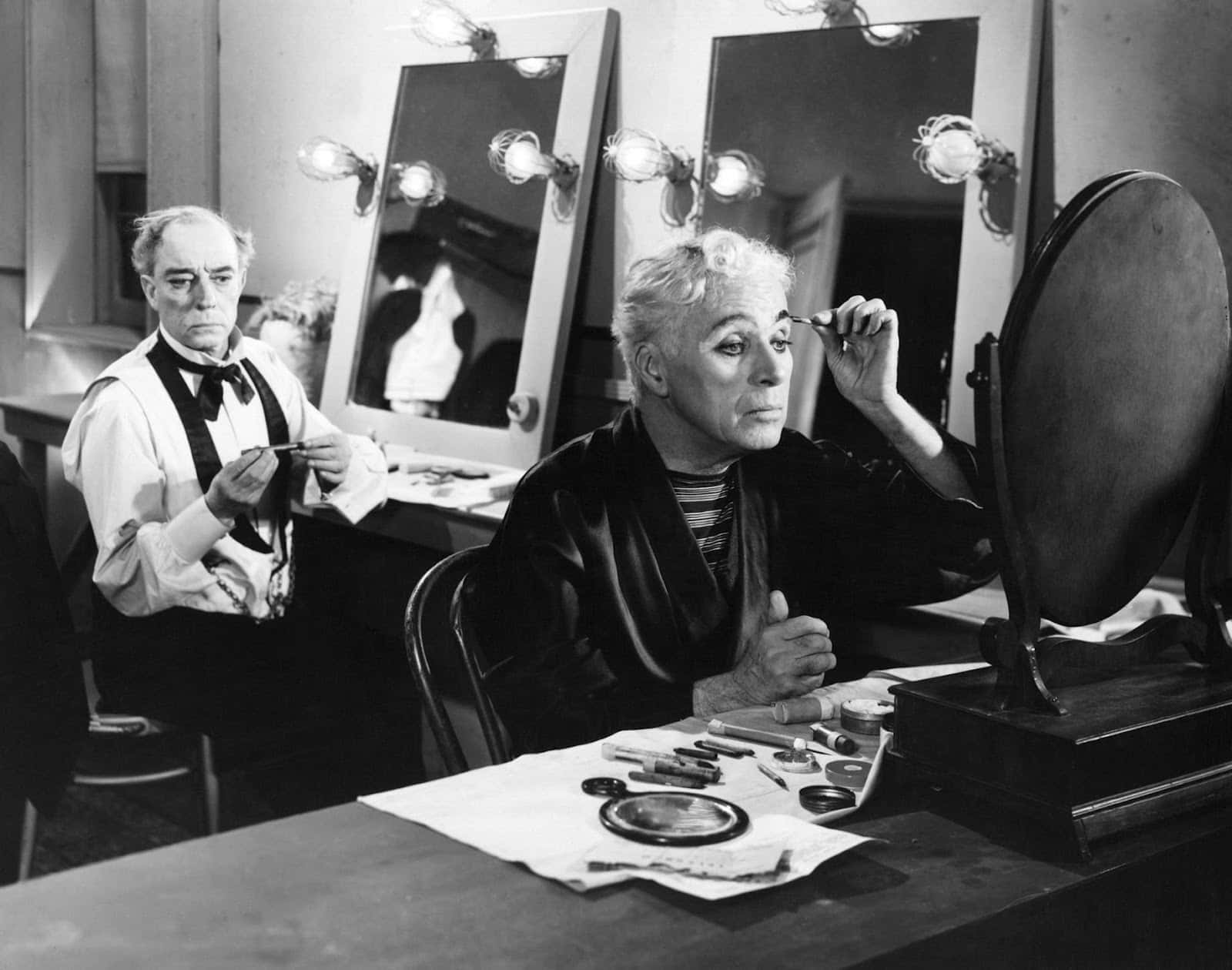 Breve Storia del Cinema, Flickr
Breve Storia del Cinema, Flickr
36. Borrowing His Shine
Chaplin's Little Tramp character and Adolf Hitler famously shared the same mustache shape, even though the two men couldn't have been more different. However, this wasn't just a coincidence: Reportedly, the German dictator knew how popular Chaplin was, and may have grown his whiskers that way to associate himself with the endearing comedian.
 Bundesarchiv, CC BY-SA 3.0 DE, Wikimedia Commons
Bundesarchiv, CC BY-SA 3.0 DE, Wikimedia Commons
37. Seal of Approval
Chaplin almost decided to pull the plug on his classic film The Great Dictator because he worried that people wouldn’t find his mockery of Hitler funny. When it came time to make a decision, Chaplin got encouragement from the highest source in the land: President Franklin D. Roosevelt. Roosevelt actually called Chaplin up and told him to go forward with it.
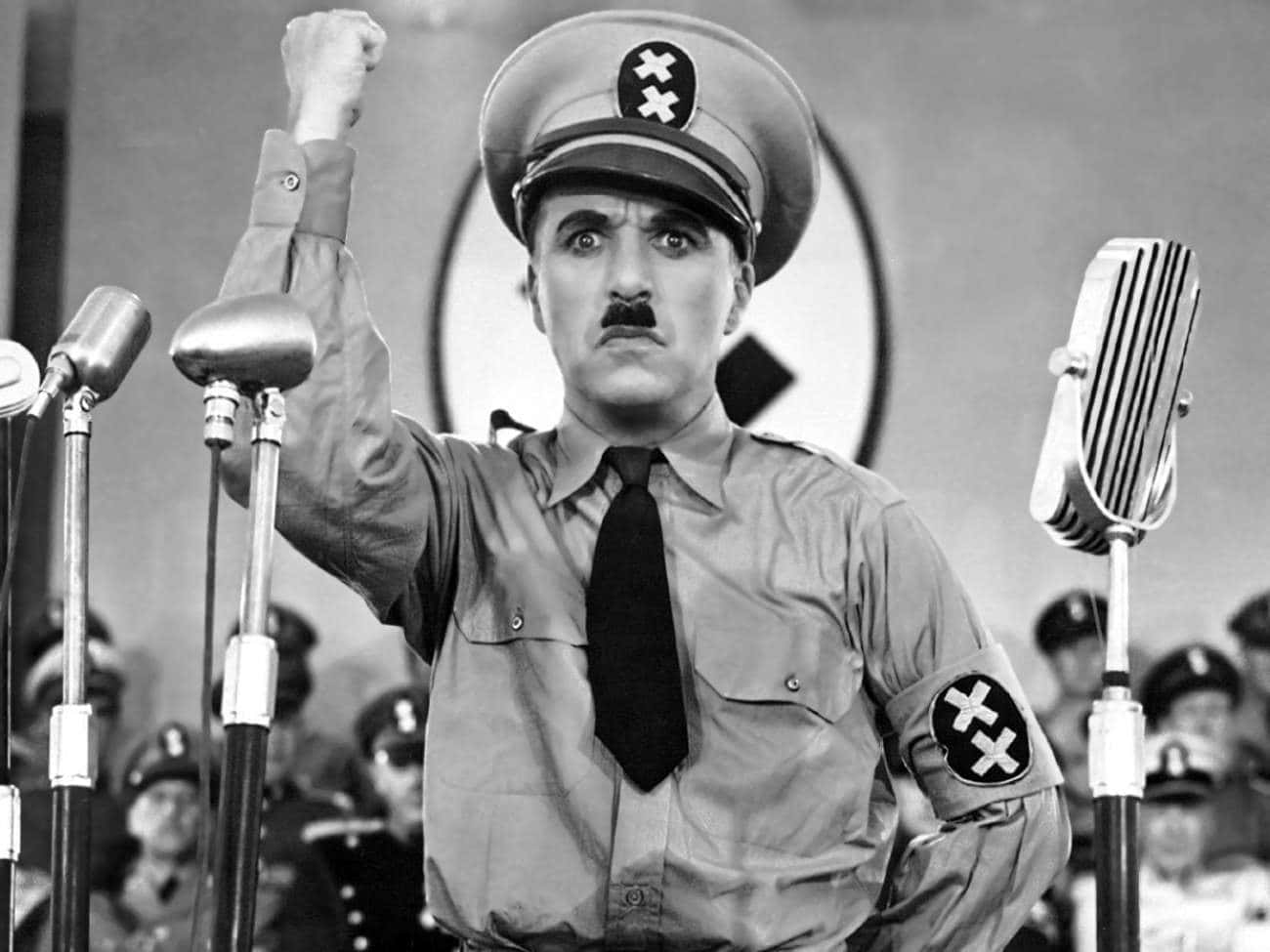 Trailer screenshot, Wikimedia Commons
Trailer screenshot, Wikimedia Commons
38. Even Better Than the Real Thing
According to lore, Chaplin once entered a "Charlie Chaplin Look-a-Like" contest undercover, just to see if he could win the prize for his own iconic look. He was sorely disappointed. Depending on the source you read, he came either in a disappointing second or a middling third. Probably not the results the bona fide Chaplin was expecting.
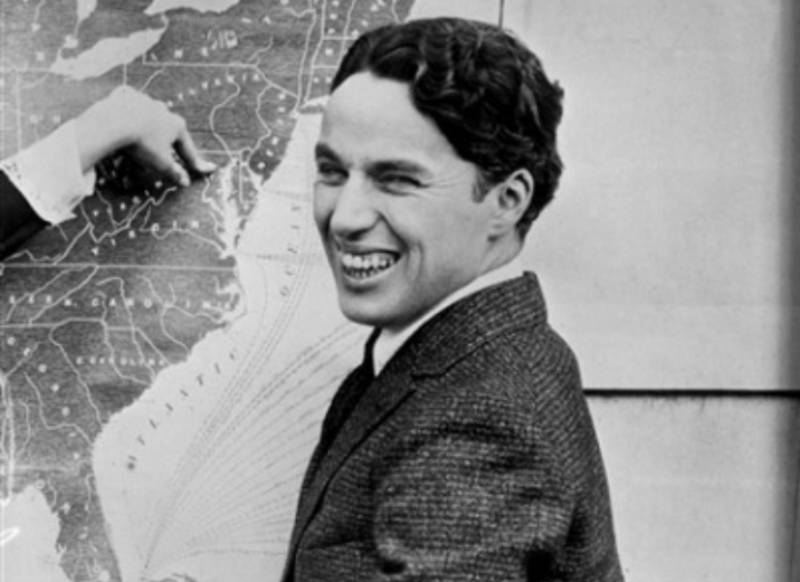 Unknown Author, Wikimedia Commons
Unknown Author, Wikimedia Commons
39. Built to Bust
Chaplin's home in Beverly Hills, Breakaway House, was a popular spot with the Hollywood set, and Chaplin loved entertaining guests by screening his films or playing a game of tennis with them. The mansion, however, had been built by studio carpenters, who didn't exactly know how to make sturdy homes. Within a couple of years, it was falling apart—though that only seemed to add to its charm.
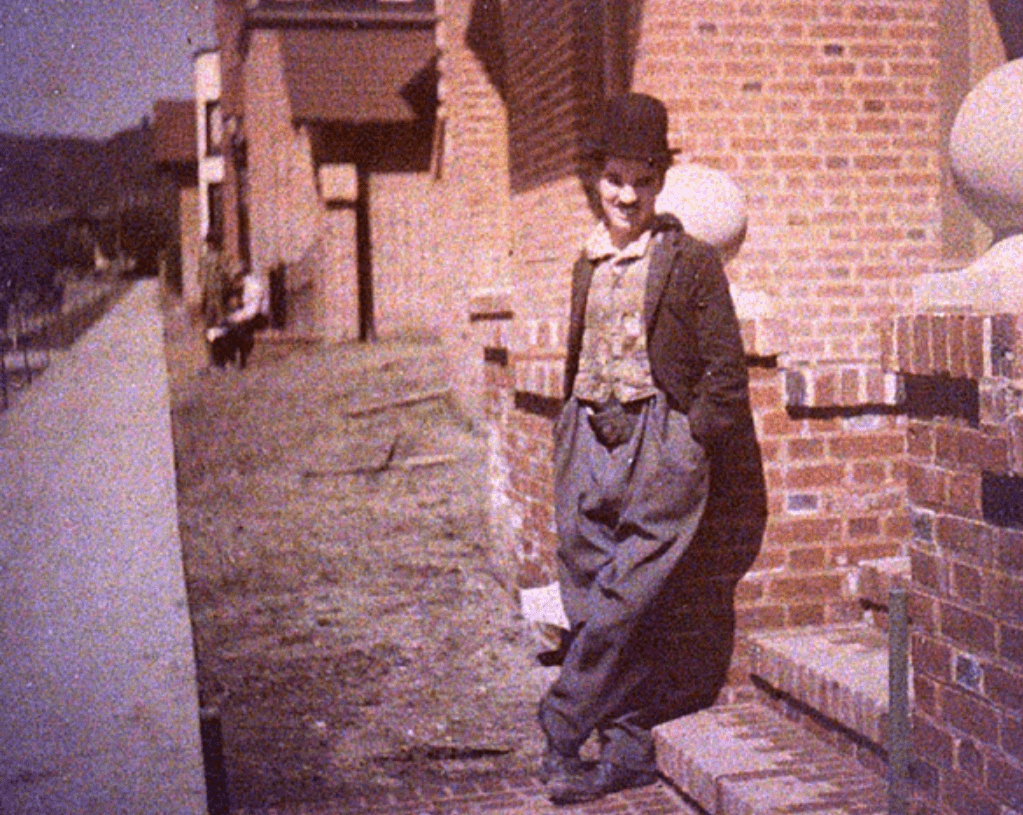 Zoller, Charles C., Wikimedia Commons
Zoller, Charles C., Wikimedia Commons
40. Classic Story
One of Chaplin's biographers claims that Vladimir Nabokov's infamous book Lolita, which depicts the love of a much older man for a young girl, was based off of Chaplin's marriage to Oona.
41. Wrong Place, Wrong Time
Scandal followed Chaplin around, but one of the most infamous events was his involvement in the mysterious demise of producer Thomas Ince. The incident happened aboard tycoon William Hearst's yacht where, according to one rumor, Chaplin seduced Hearst's mistress. When the magnate found out, he tried to shoot Chaplin—but mistook Ince for the comedian instead.
Of course, this version of events is probably more truth than fiction, but it was the scandal of the day, and it added one more controversy to Chaplin's ledger.
 Unknown Author, Wikimedia Commons
Unknown Author, Wikimedia Commons
42. Will the Real Charlie Chaplin Please Stand up?
A strange genre of film came up in the latter half of the 1910s. In these movies, professional actors pretended to be Chaplin. The actors, who ranged from Billie Ritchie, Stan Jefferson, and Billy West, were made up to look exactly like Chaplin. Even stranger, film distributors were adamant that they actually were him.
 University of Washington, Wikimedia Commons
University of Washington, Wikimedia Commons
43. Play That Funky Music
Keep this in mind next time you find something and decide you want to test it out: Chaplin was once fired from his job as a butler because he found a trumpet in his employer’s attic and started to play it. Looks like Chaplin was up to his usual antics again, but his employers didn't seem to appreciate his comedic genius.
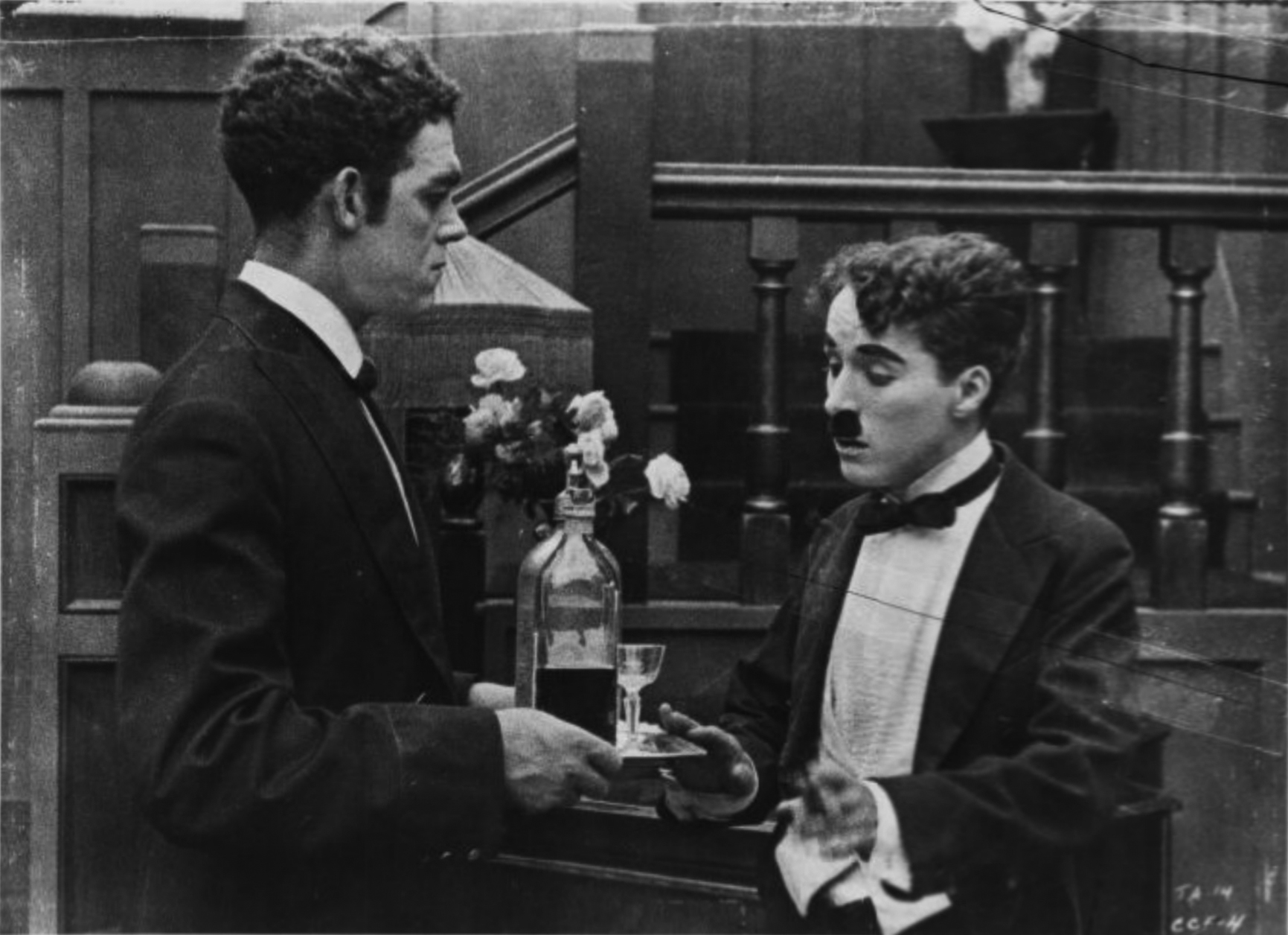 Mutual Film Corporation, Wikimedia Commons
Mutual Film Corporation, Wikimedia Commons
44. Life on Display
In Switzerland, there’s a museum in Chaplin's old home in Corsier-sur-Vevey that’s been open since 2016. You can watch his movies, check out wax figures, and even eat at the restaurant aptly named “The Tramp.”
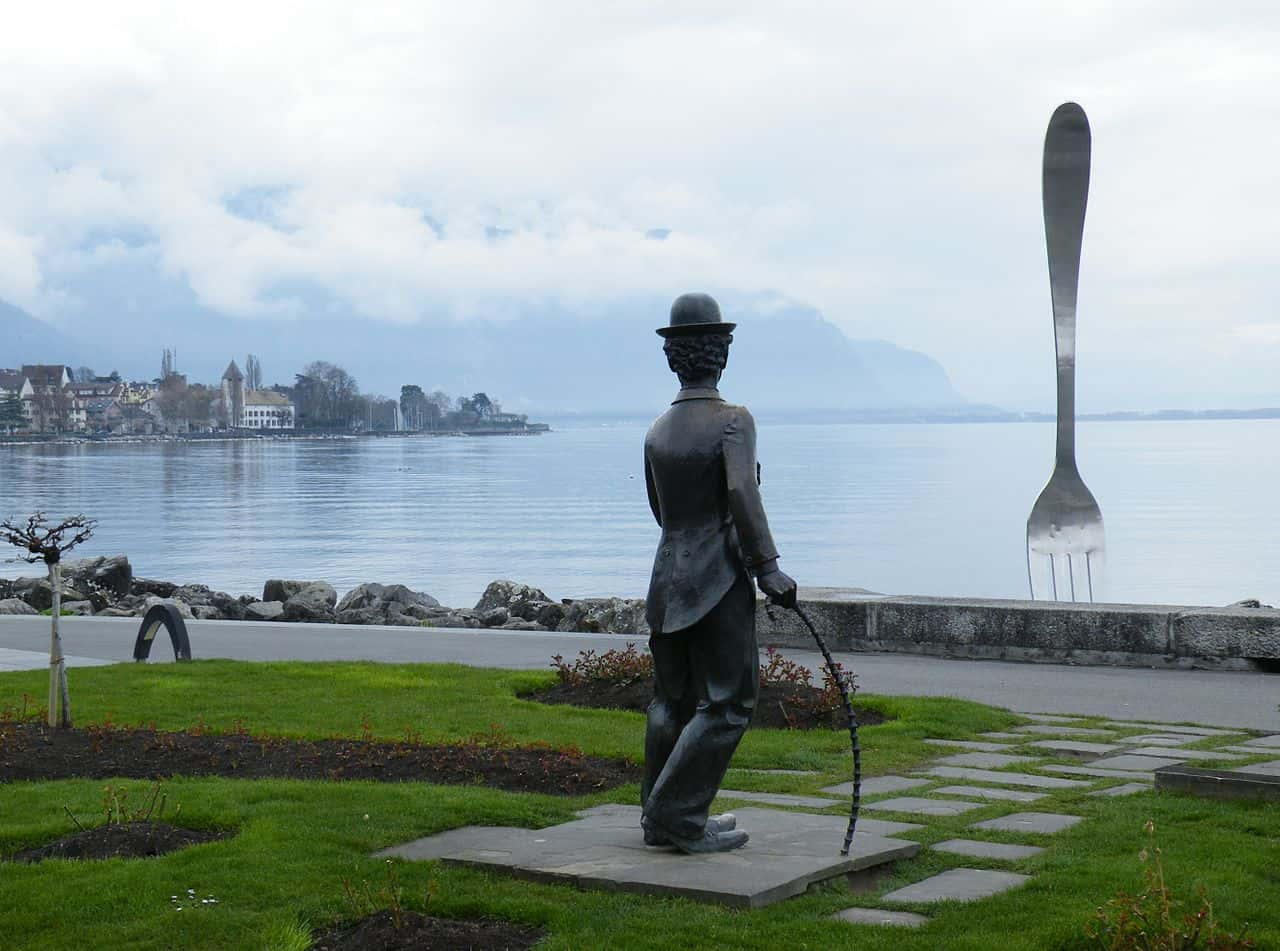 Roy Lindman, CC BY-SA 3.0, Wikimedia Commons
Roy Lindman, CC BY-SA 3.0, Wikimedia Commons
45. Mother Knows Best
Chaplin's interest in comedy came from one incident with his beloved mother. During one period of his childhood, the young Charlie was incredibly ill and had to spend weeks recovering in bed. While he was there, his mother sat beside the window and re-enacted anything she saw that might amuse her son. It was then that Chaplin realized the power of comedy.
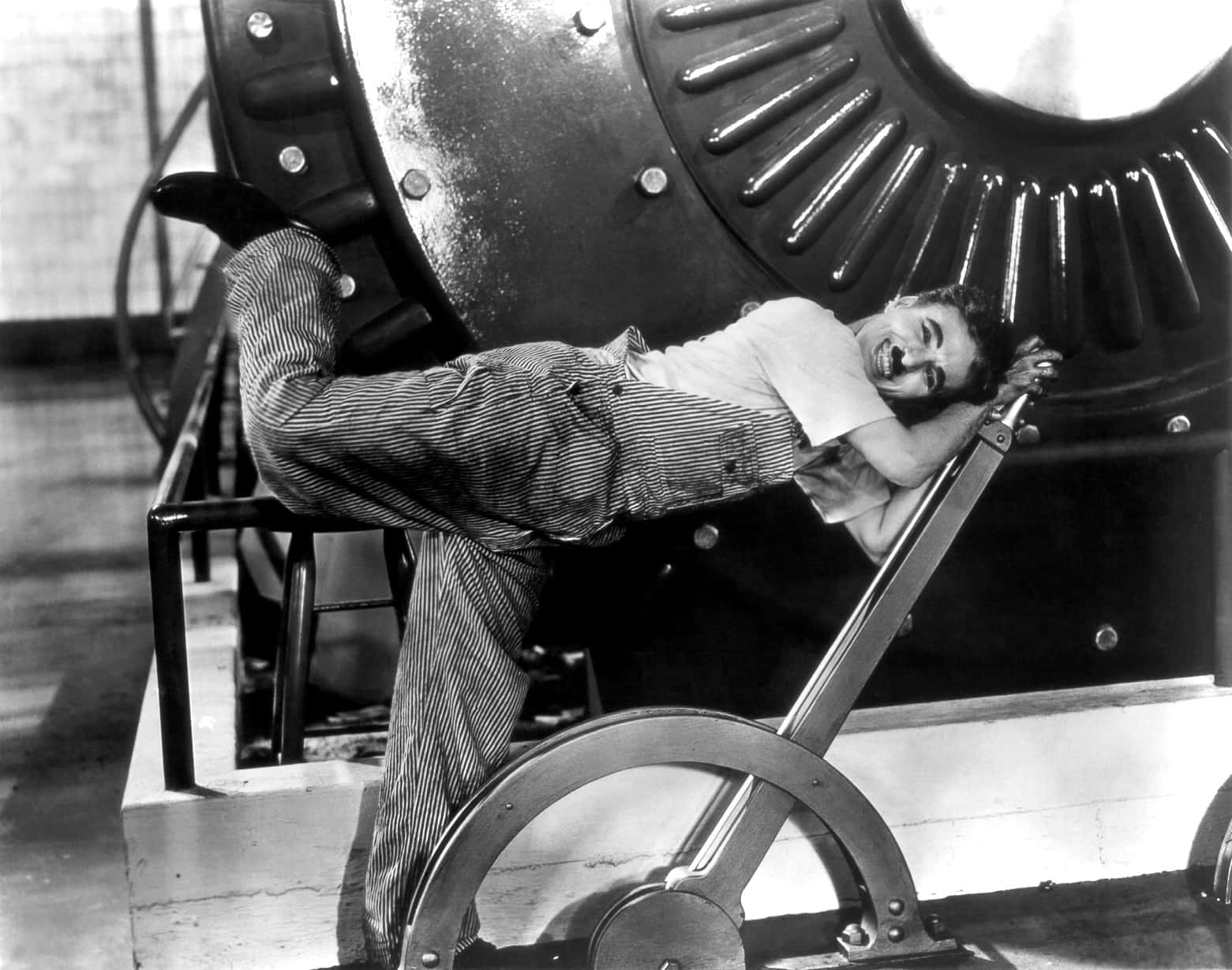 United Artists,Wikimedia Commons
United Artists,Wikimedia Commons
46. The Case of the Body Snatchers
In 1977, Chaplin passed on at the ripe age of 88 from a stroke in his sleep—but even in death, the scandal continued. Get this: After his family buried him, grave-robbers dug up his body and held it for ransom. The thieves demanded his grieving loved ones pay $600,000 for the deceased actor's return. Luckily, though, his widow Oona had a trick up her sleeve.
Oona had the robbers' phones tapped, allowing the authorities to track them down and detain them. After all that, Chaplin was reburied in a vault surrounded by impenetrable cement.
47. Behind Bedroom Doors
Although Chaplin had political troubles and messy marriages, his biggest controversy actually happened because of his illicit extra-marital affairs. In the 1940s, the middle-aged and very married Chaplin started having a steamy tryst with 22-year-old aspiring starlet Joan Barry. Predictably, they were doomed to an utterly ruinous end.
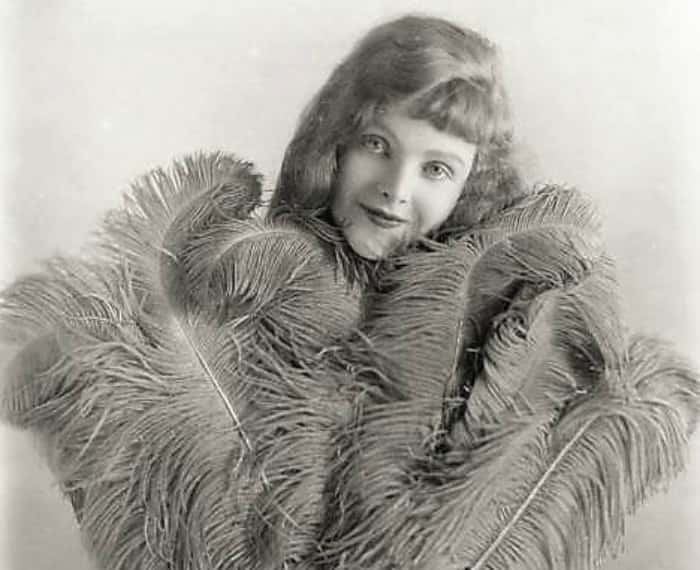 Sasha (1895–1940), Wikimedia Commons
Sasha (1895–1940), Wikimedia Commons
48. Ex Hex
First, when Chaplin ended things with Barry, the young girl did not take it well at all. She reportedly suffered from obsessive and paranoid behavior, and the breakup didn't help her mental health. Then, when she resurfaced in Chaplin's life, Barry claimed she was pregnant—and that Chaplin was the father. The next months opened up a living nightmare.
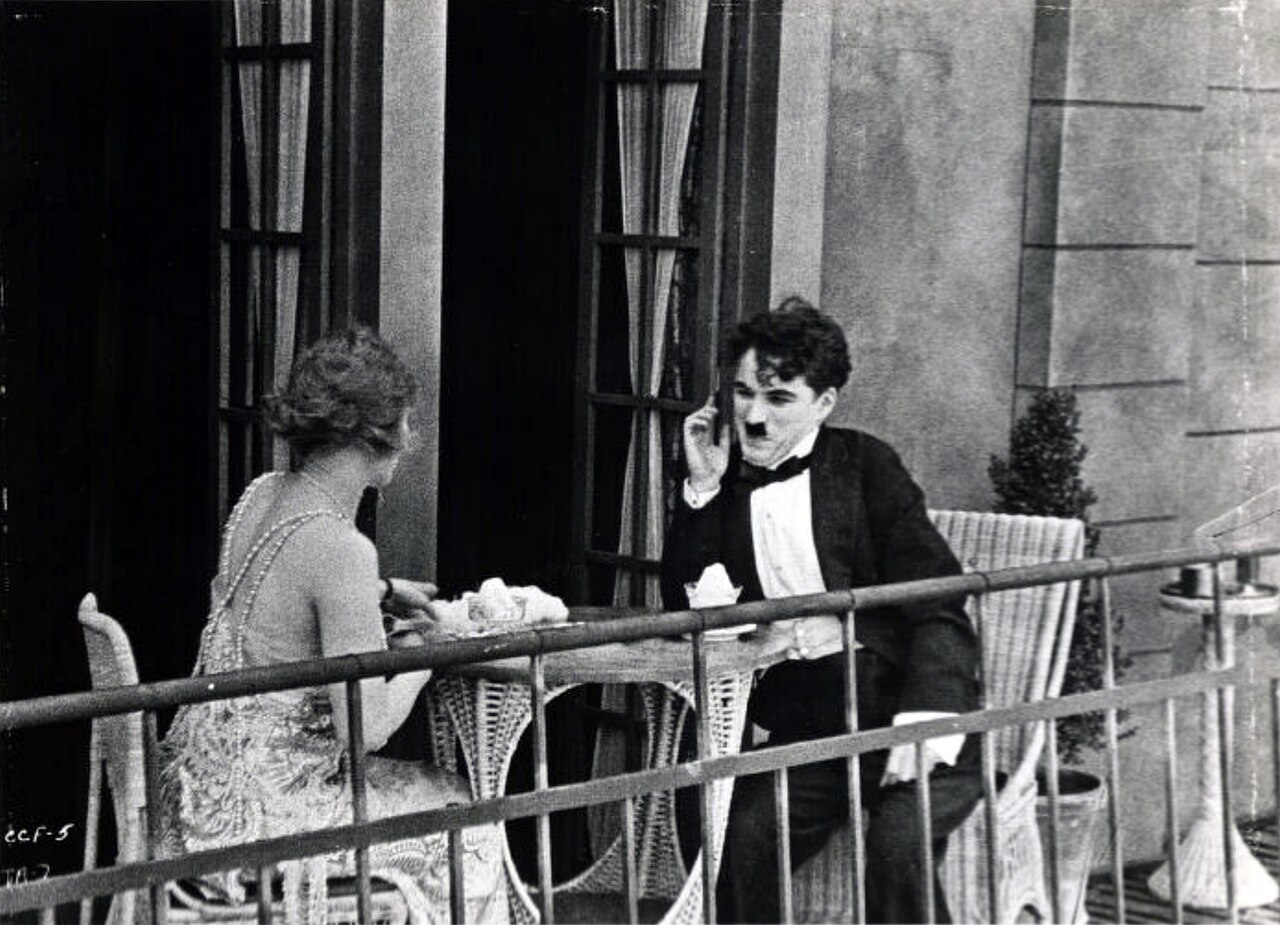 Mutual Film Corporation, Wikimedia Commons
Mutual Film Corporation, Wikimedia Commons
49. Public Enemy No. 1
After her child, a daughter named Carol Ann, was born, Barry sued Chaplin for parental support. The move ignited a frenzy in the papers about Chaplin's moral depravity and degradation. Even his enemy J. Edgar Hoover got in on the fun, starting a smear campaign and trying to get Chaplin charged on even more offences. But when the trial started, the real horror began.
50. You Are Not the Father, But…
At the trial, Chaplin's lawyers brought up blood-type evidence to prove that he wasn't the father. However, these tests were inadmissible at the time, and Barry successfully won the suit. The courts forced Chaplin to pay $75 every week until Barry’s child turned 21—even though Carol Ann wasn't his daughter. But the damage was done, and Chaplin's reputation was in tatters for the next decades of his life.

